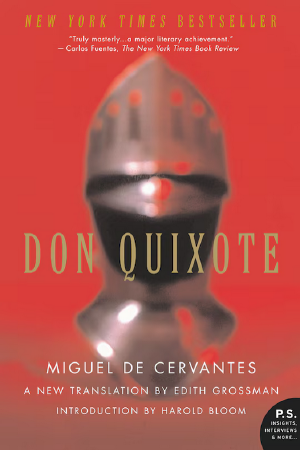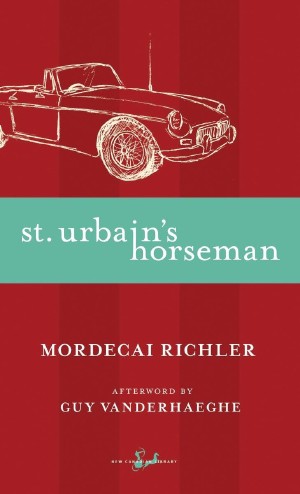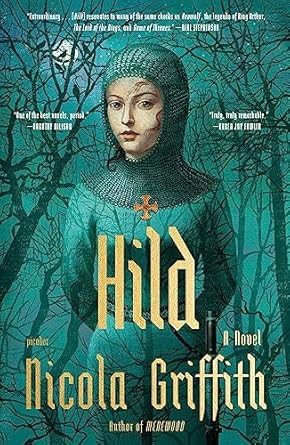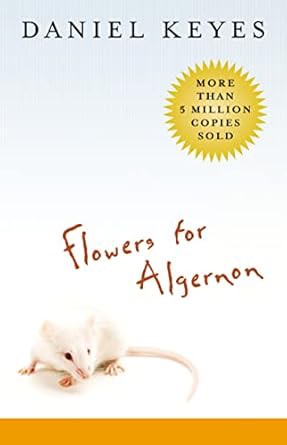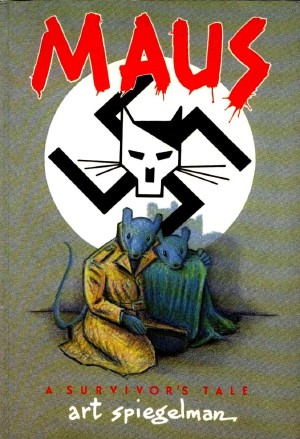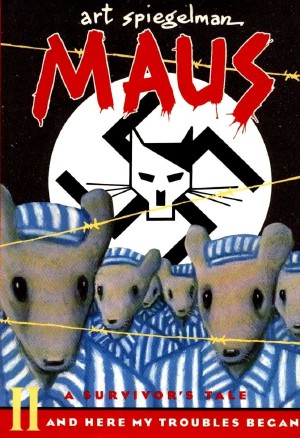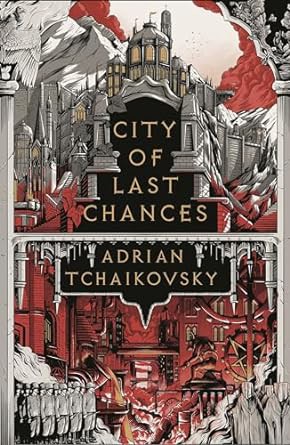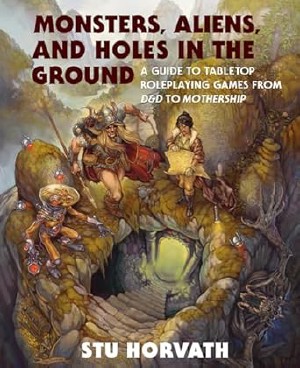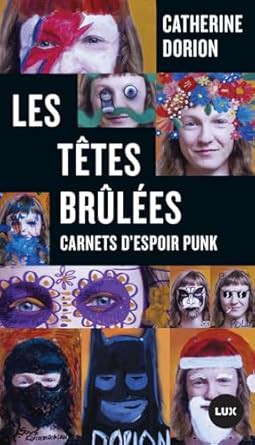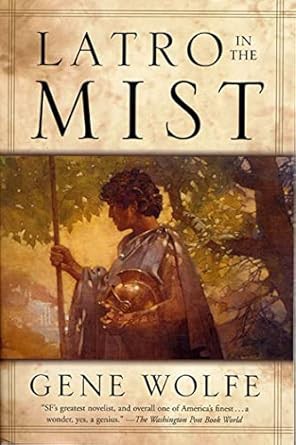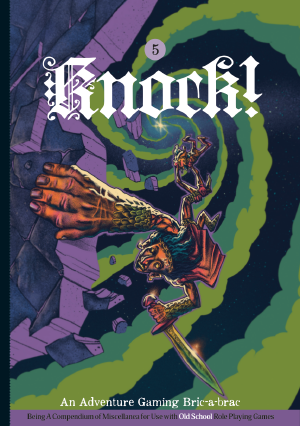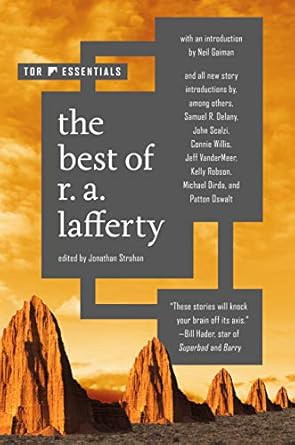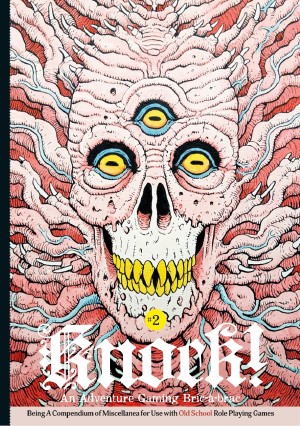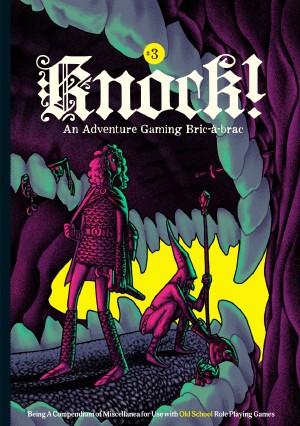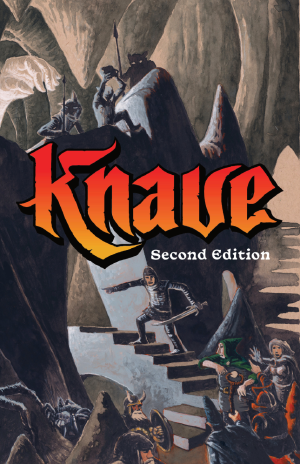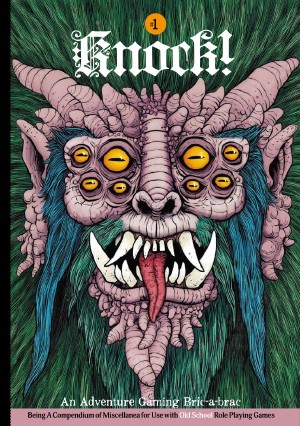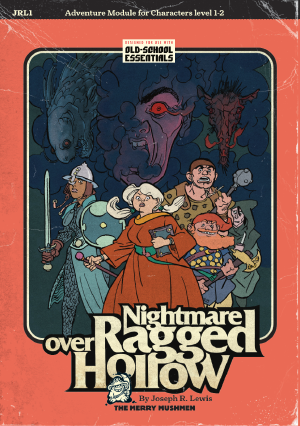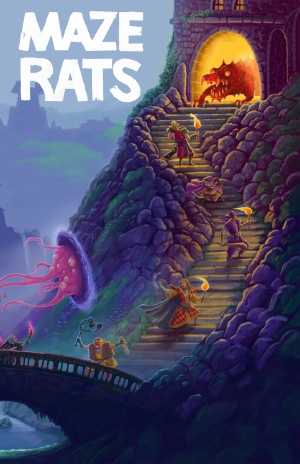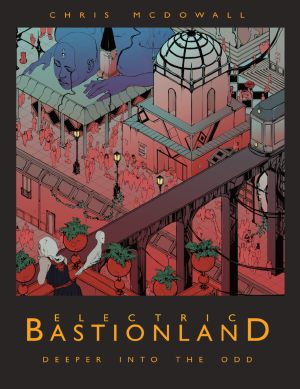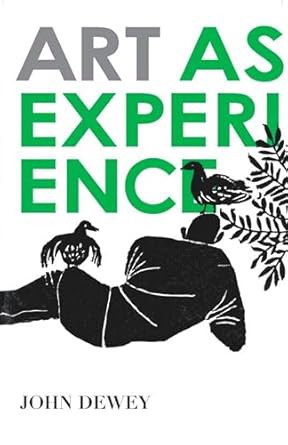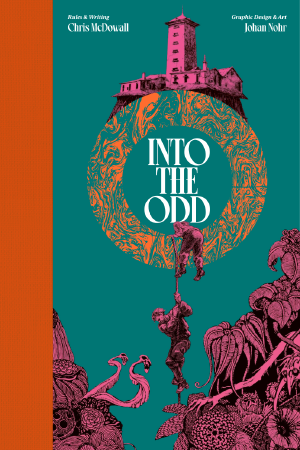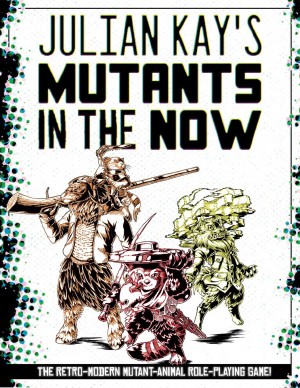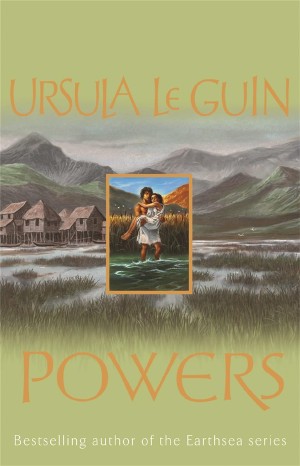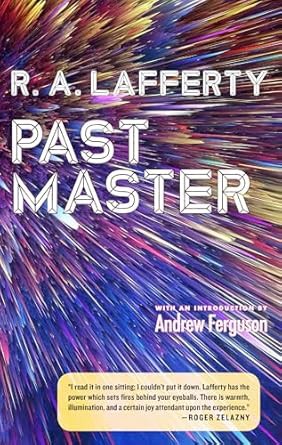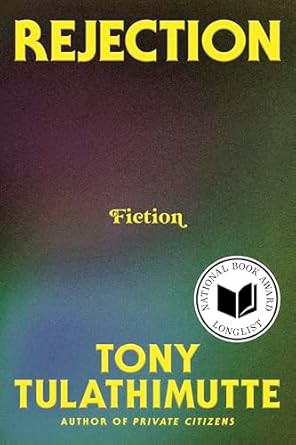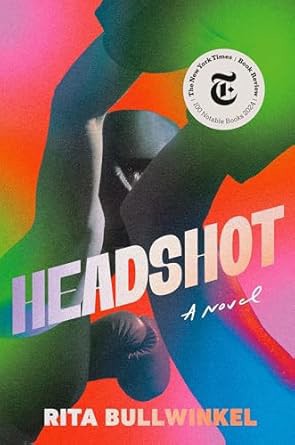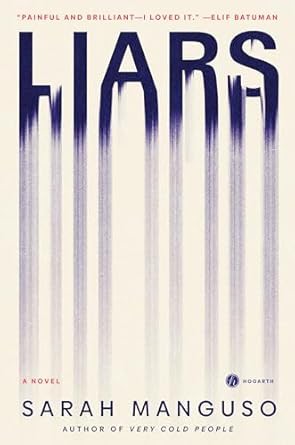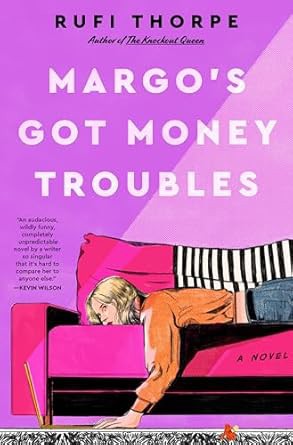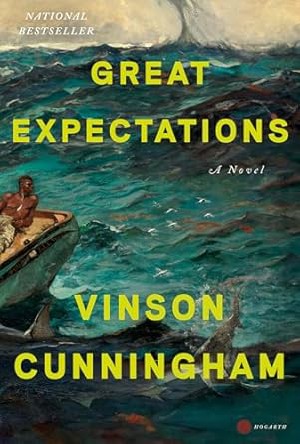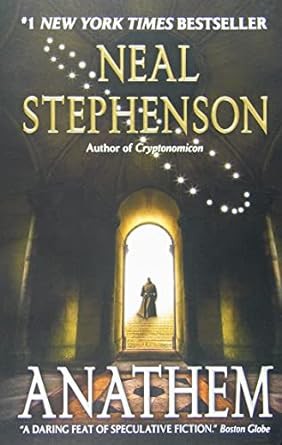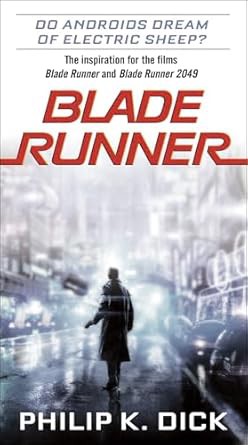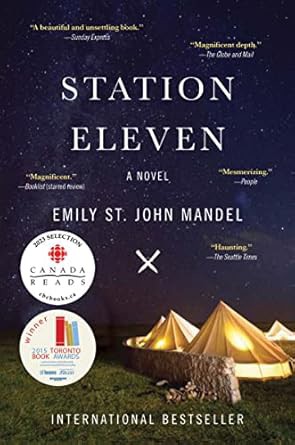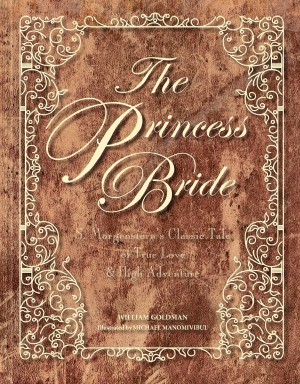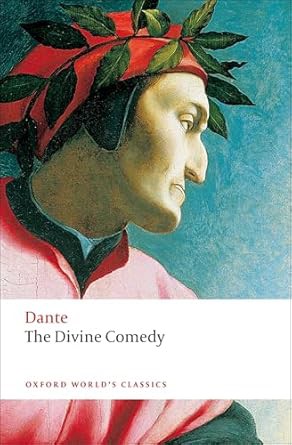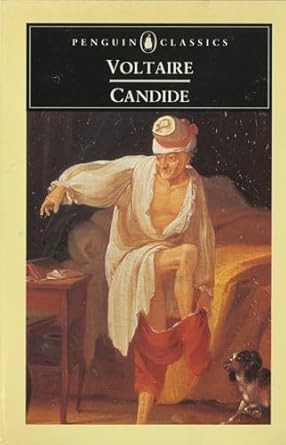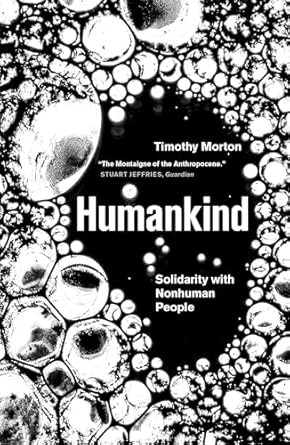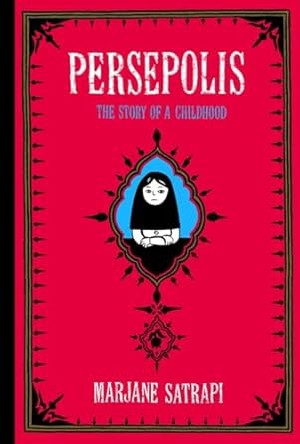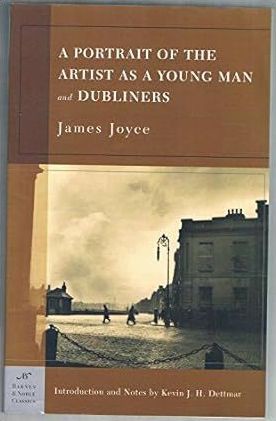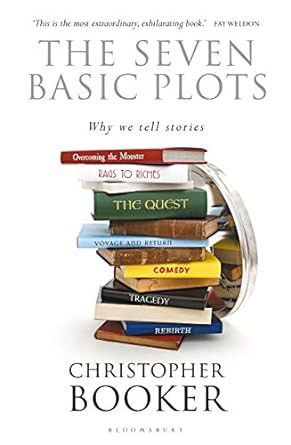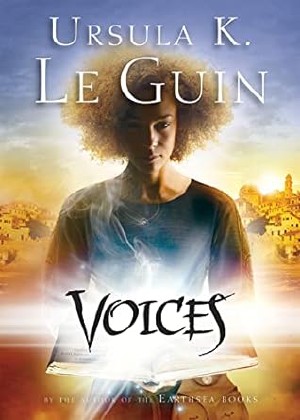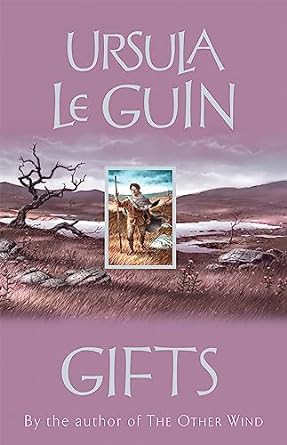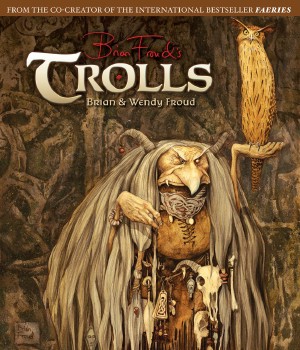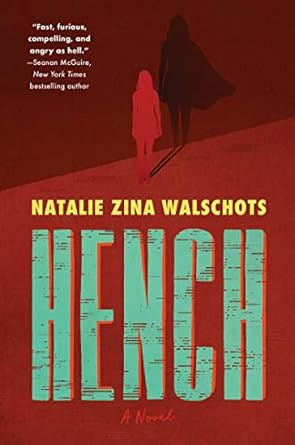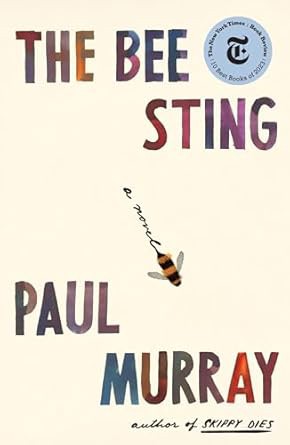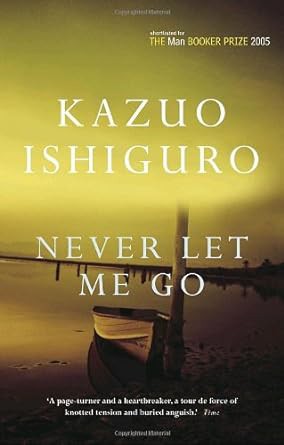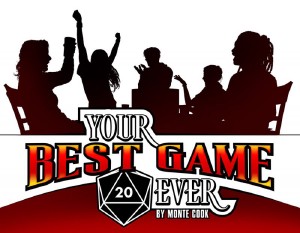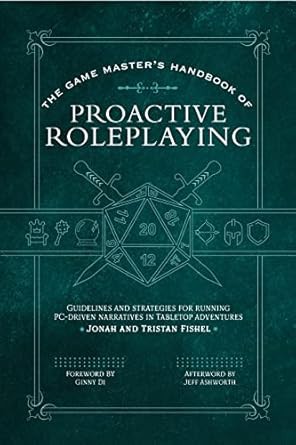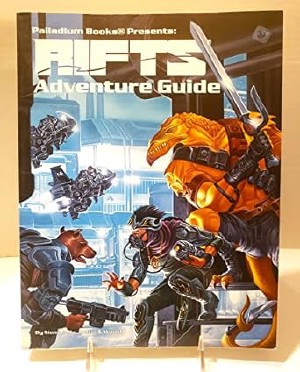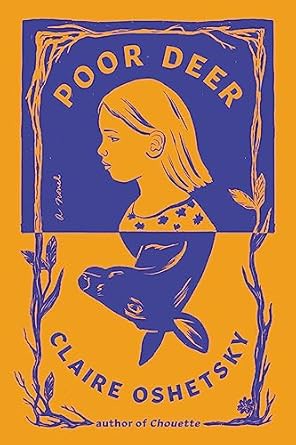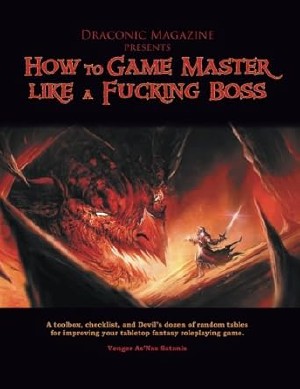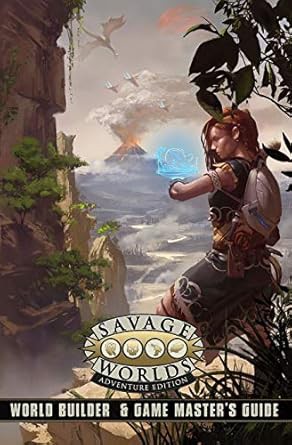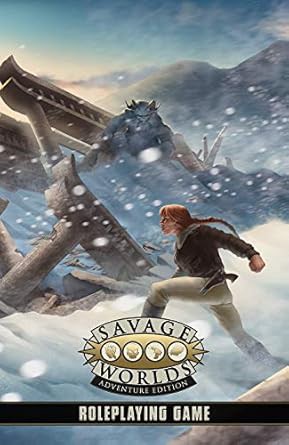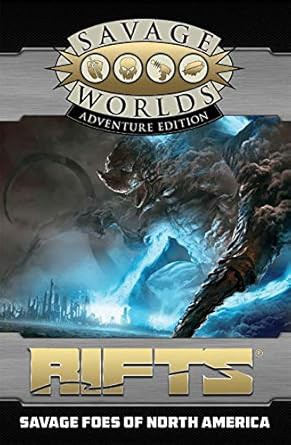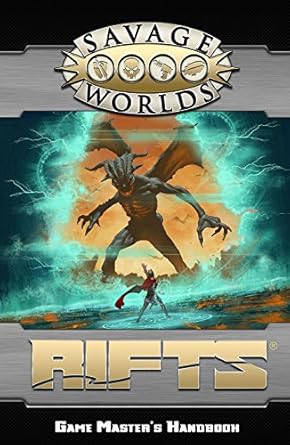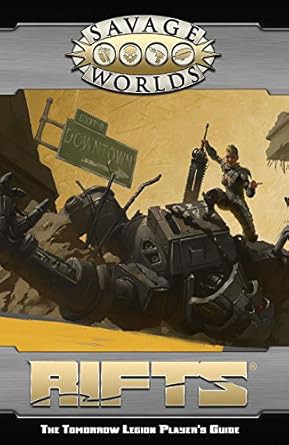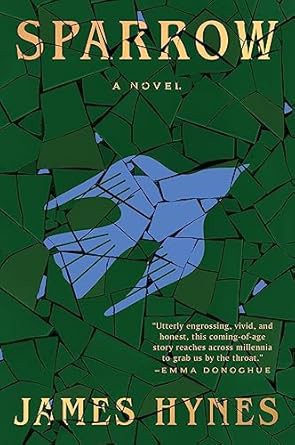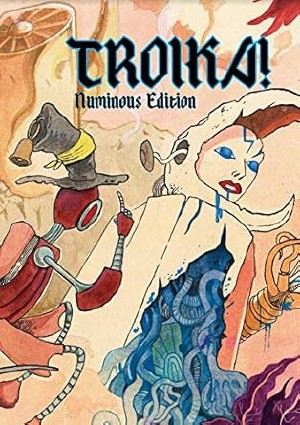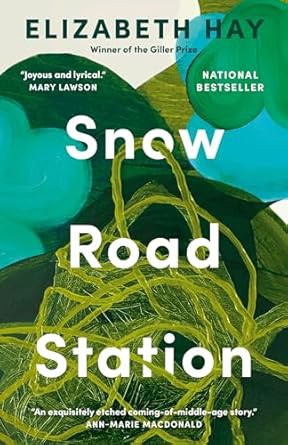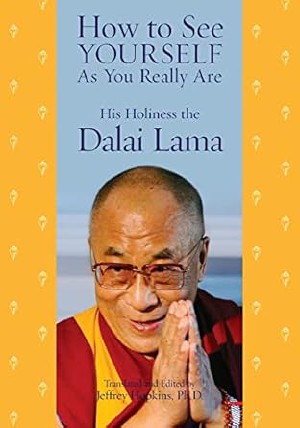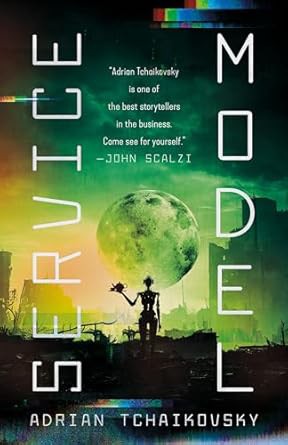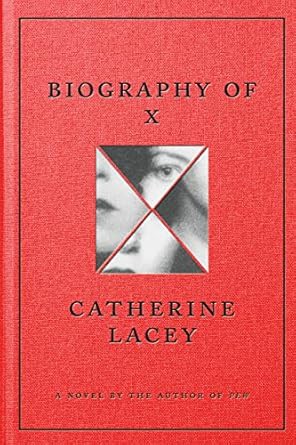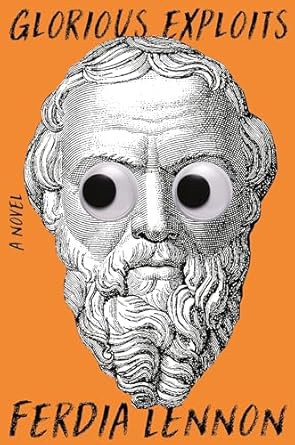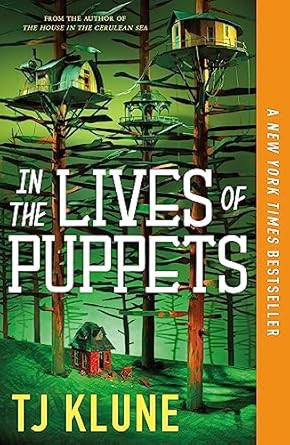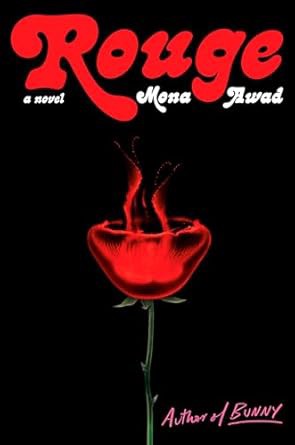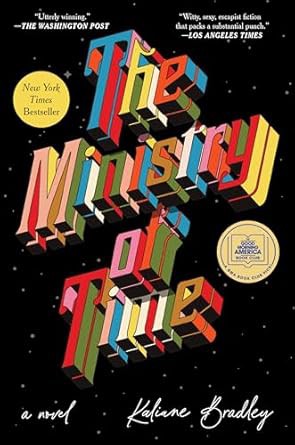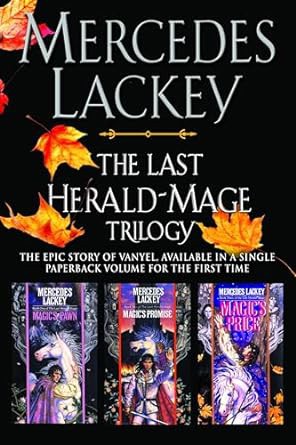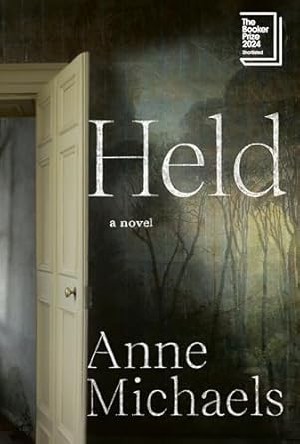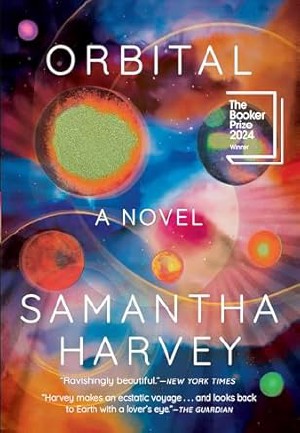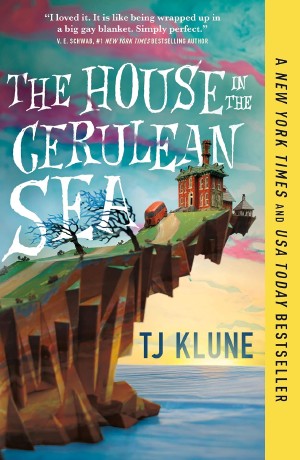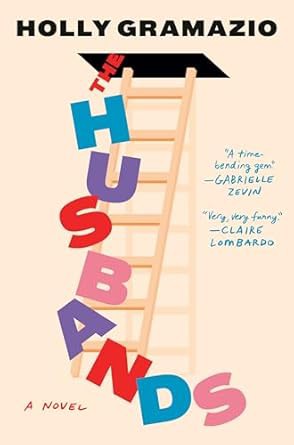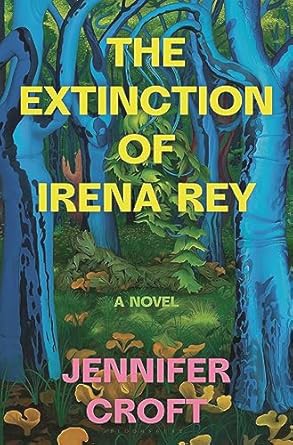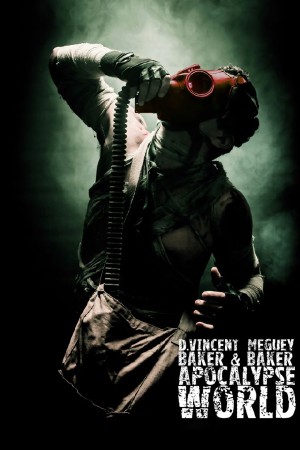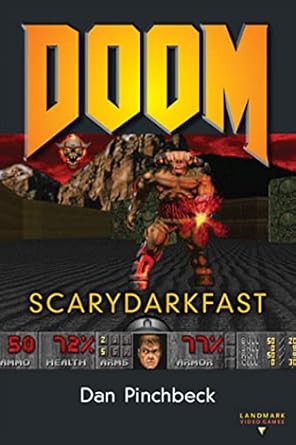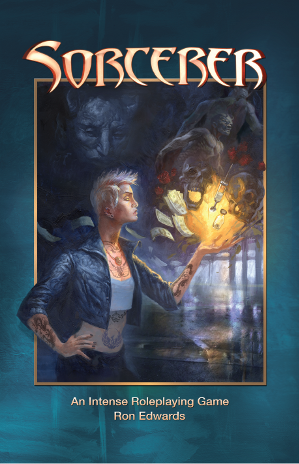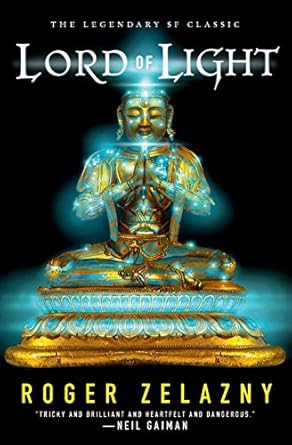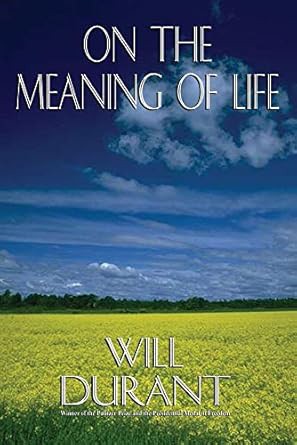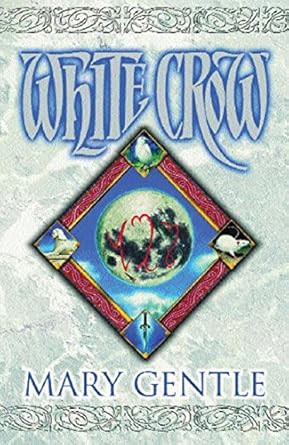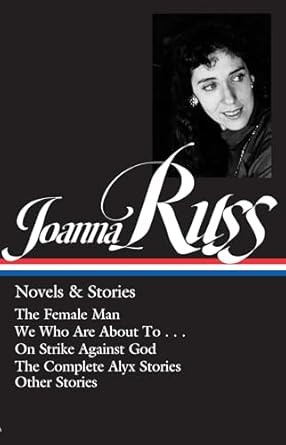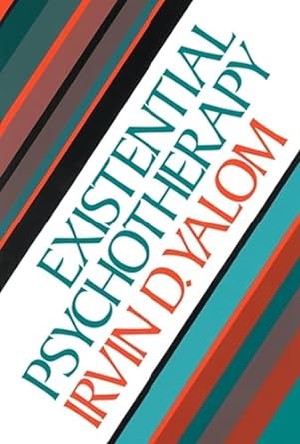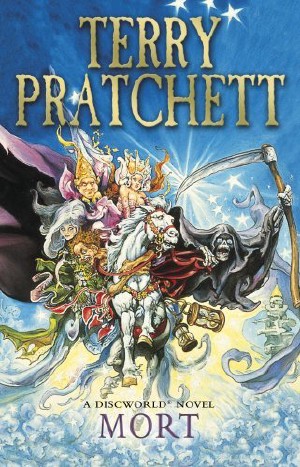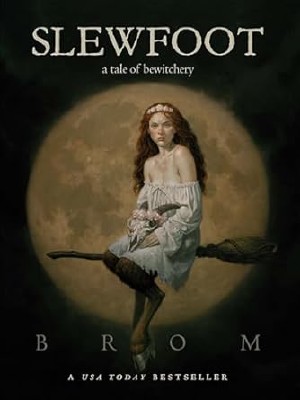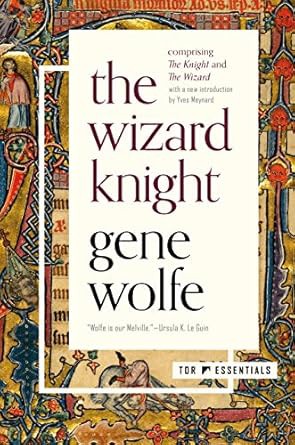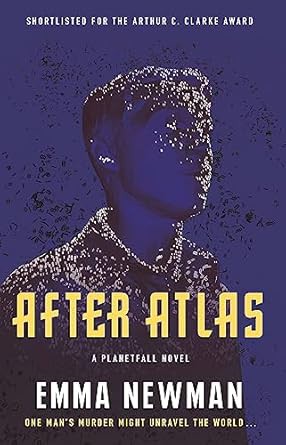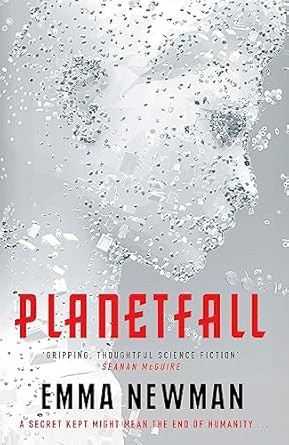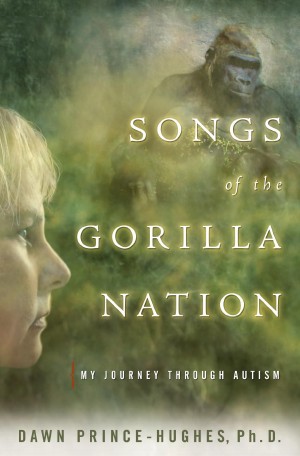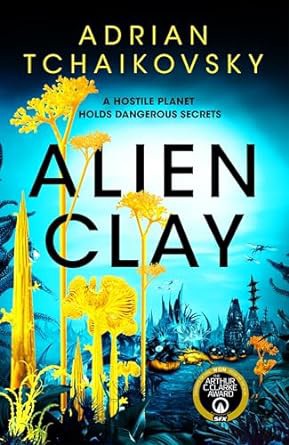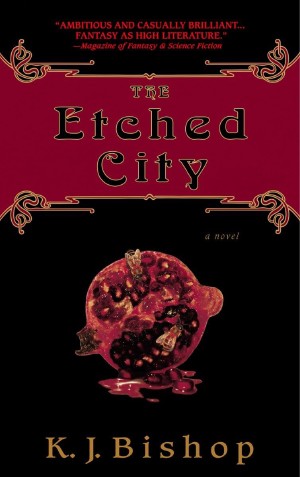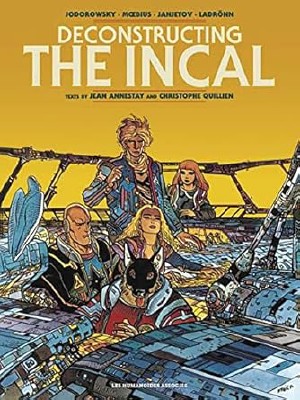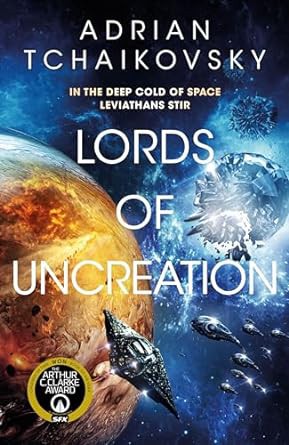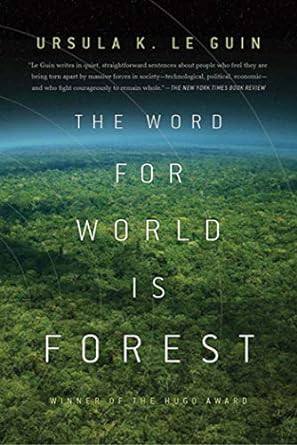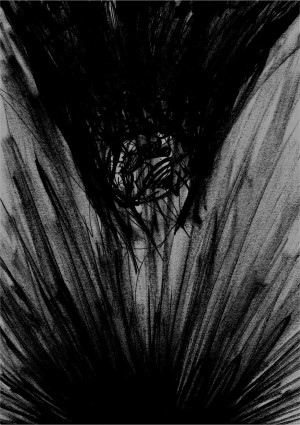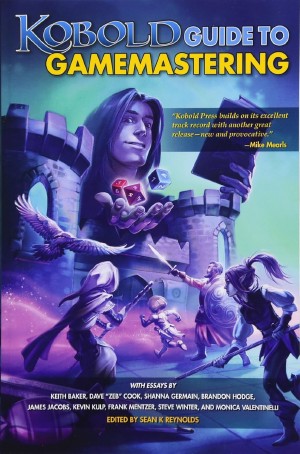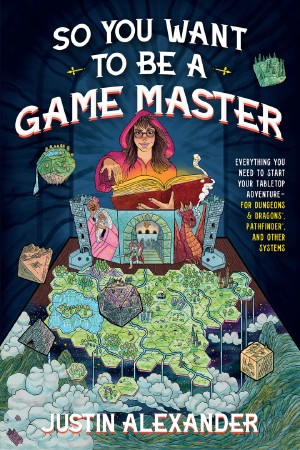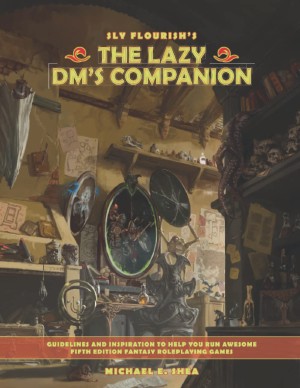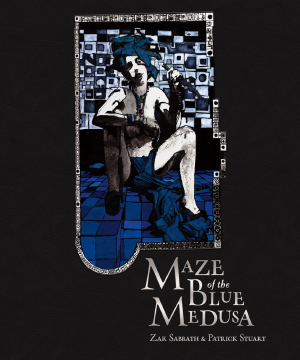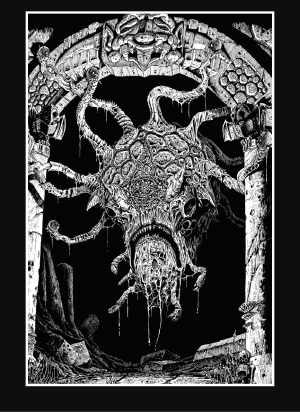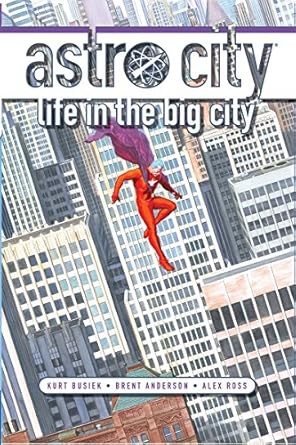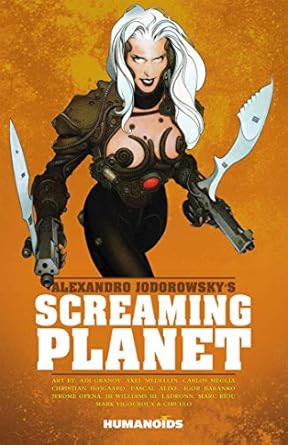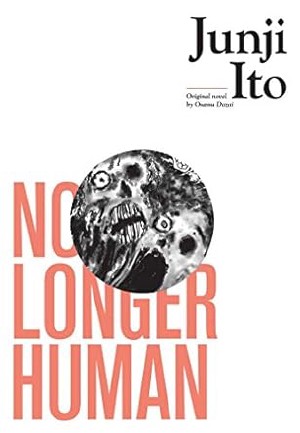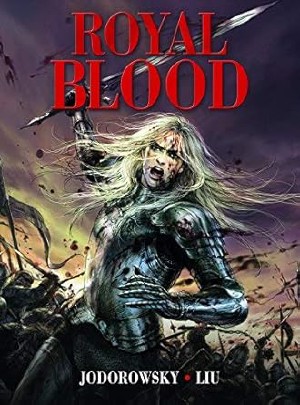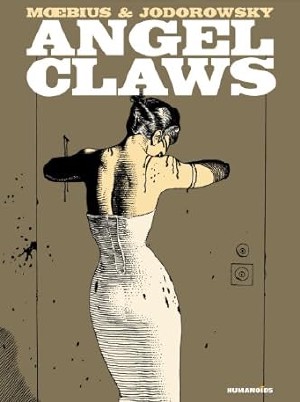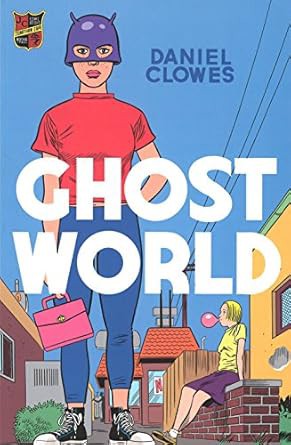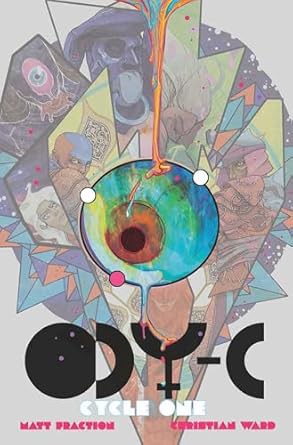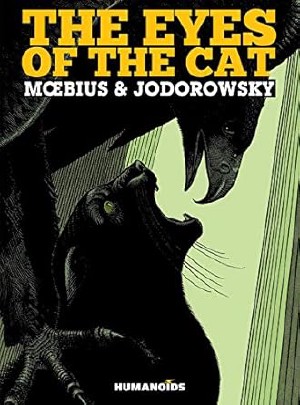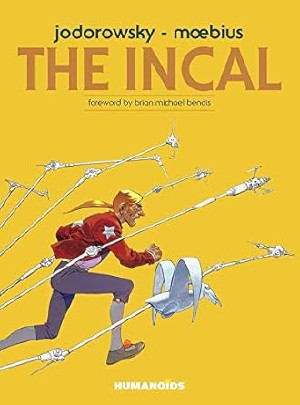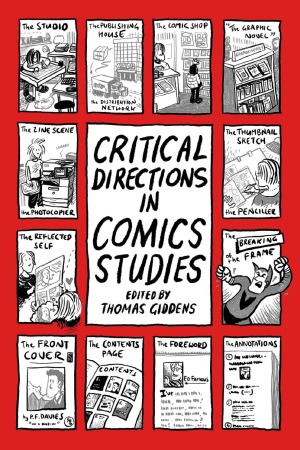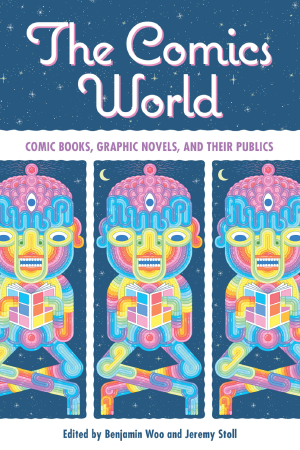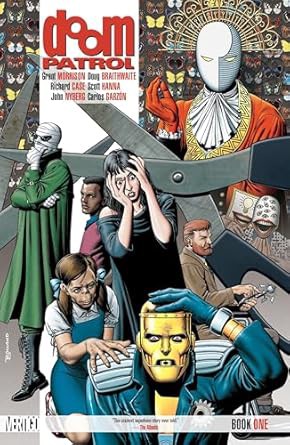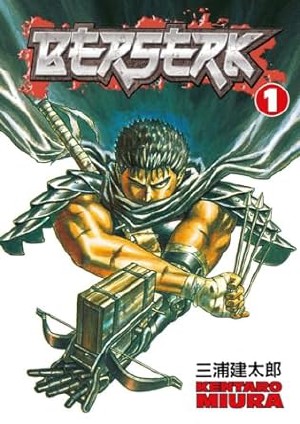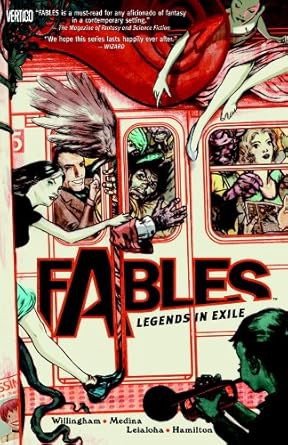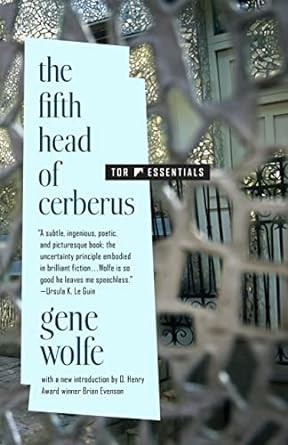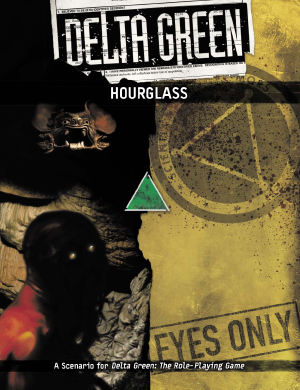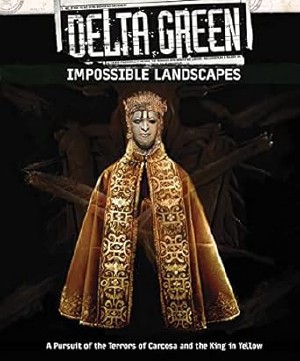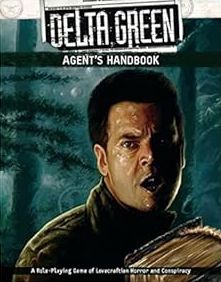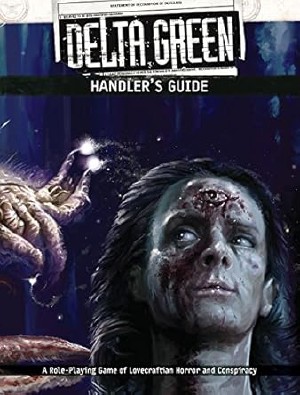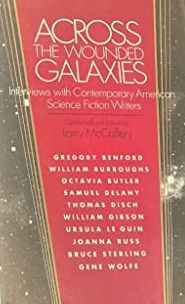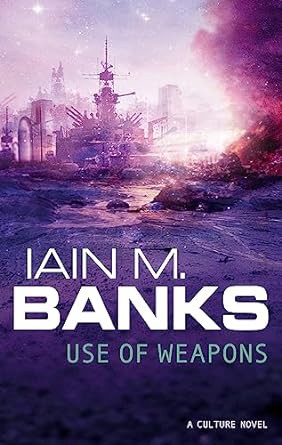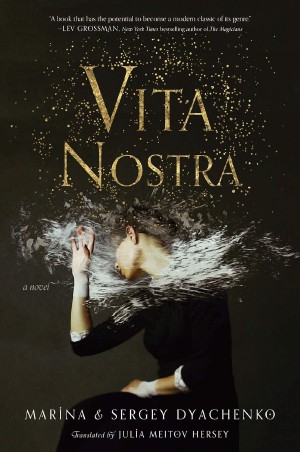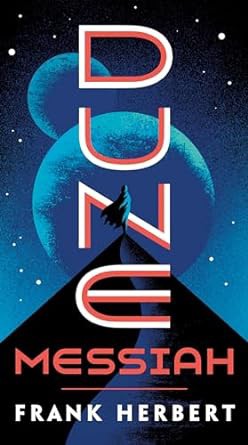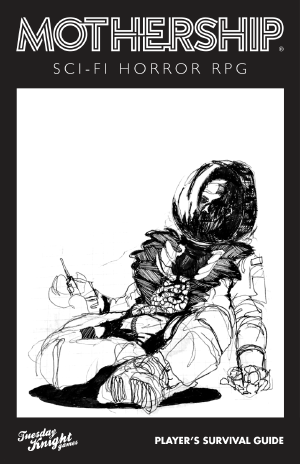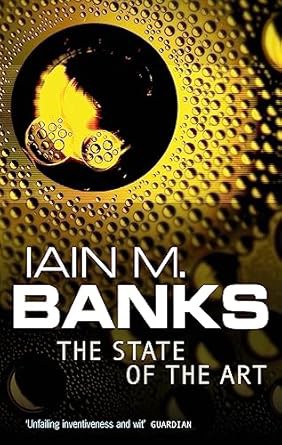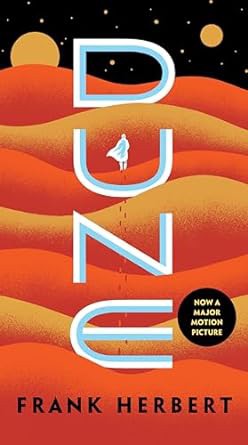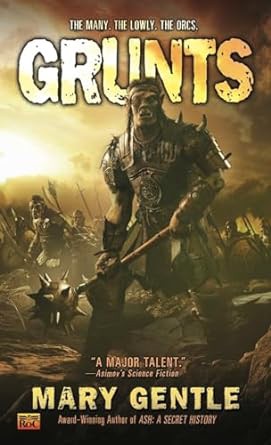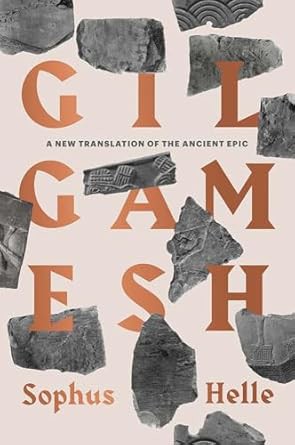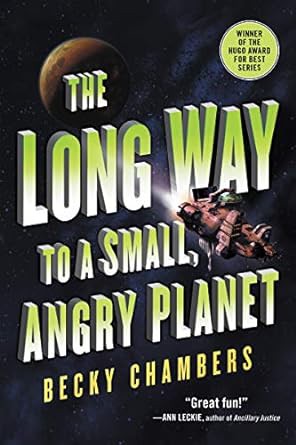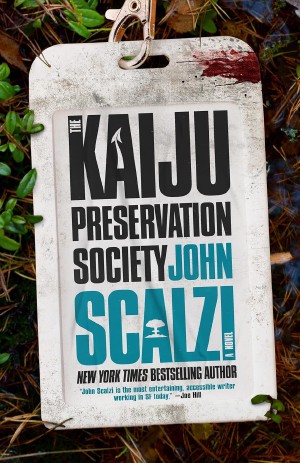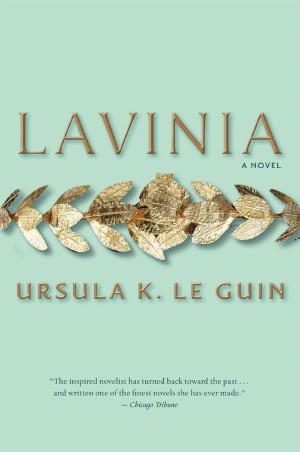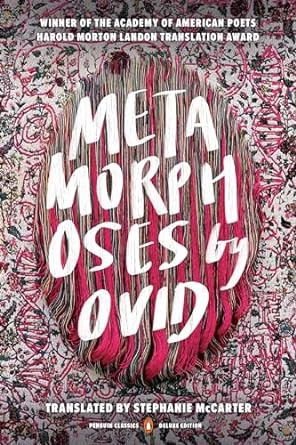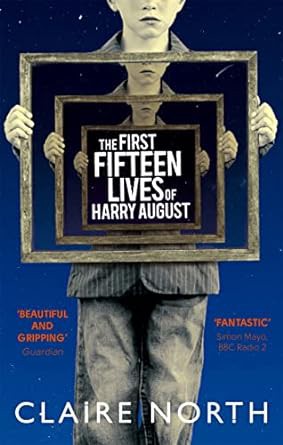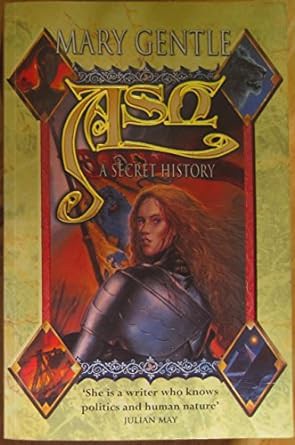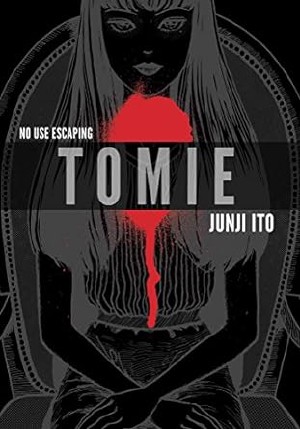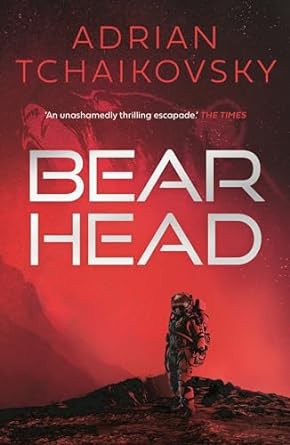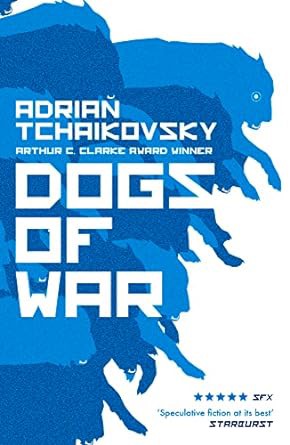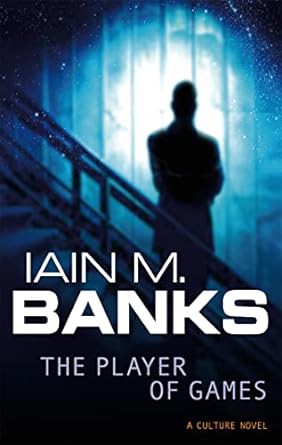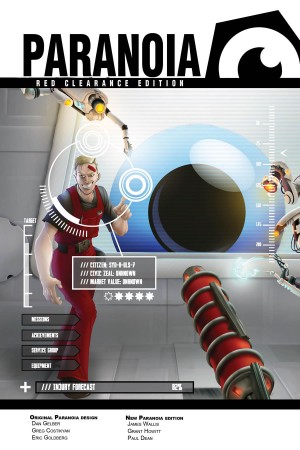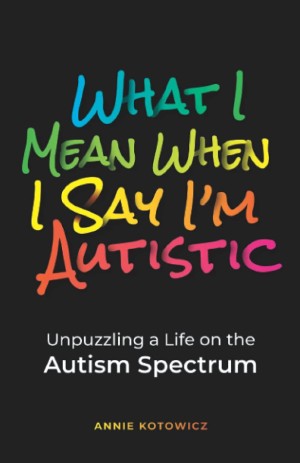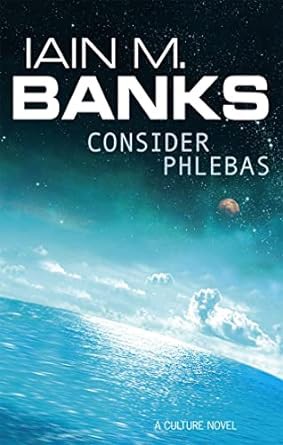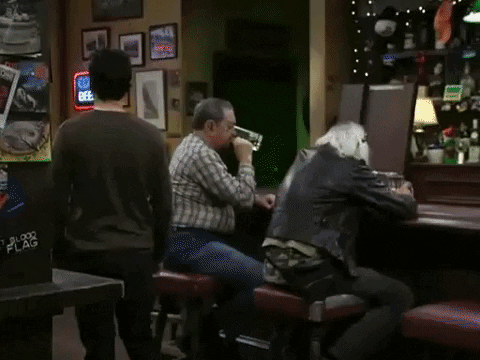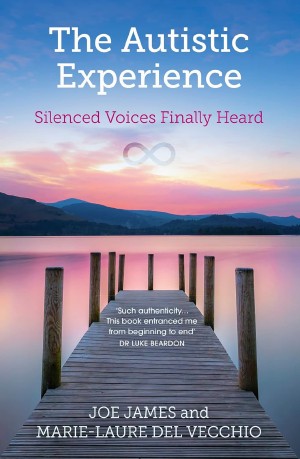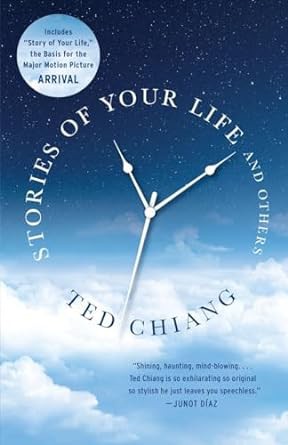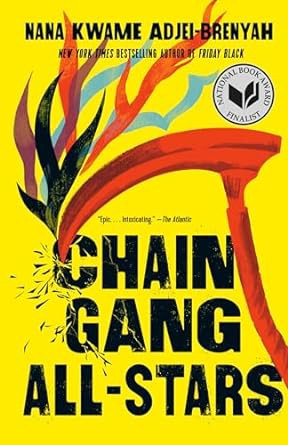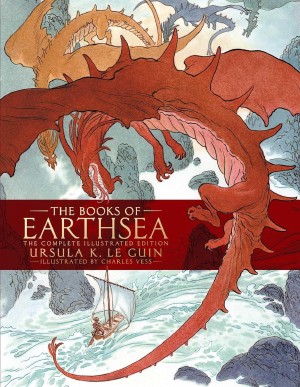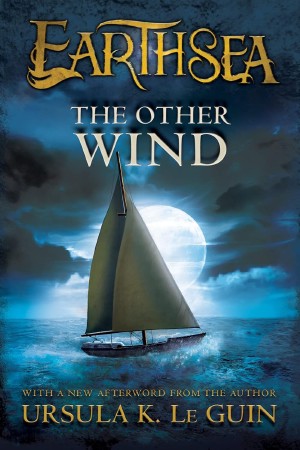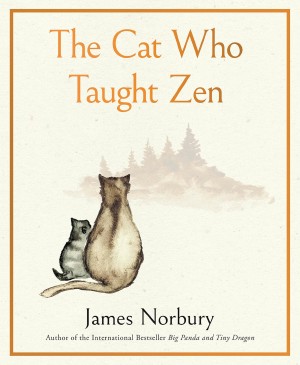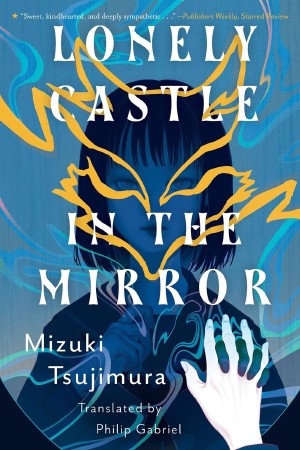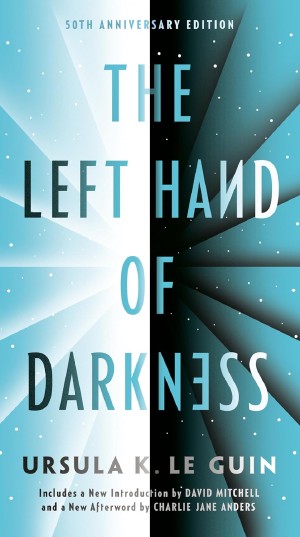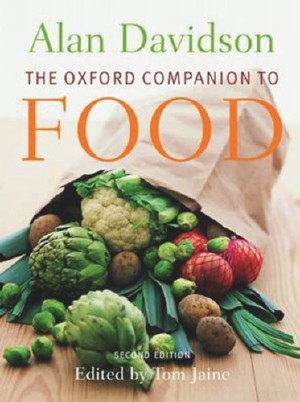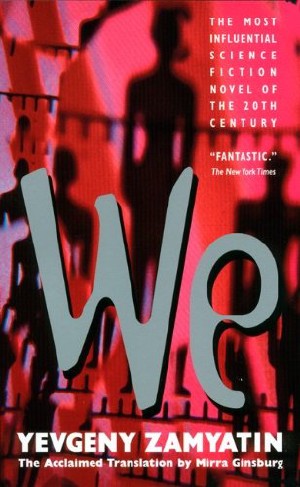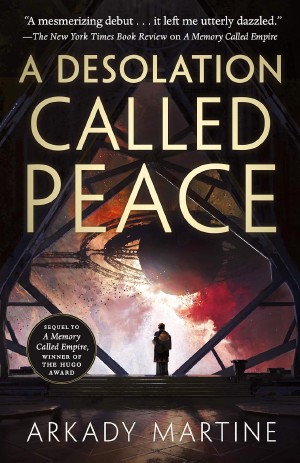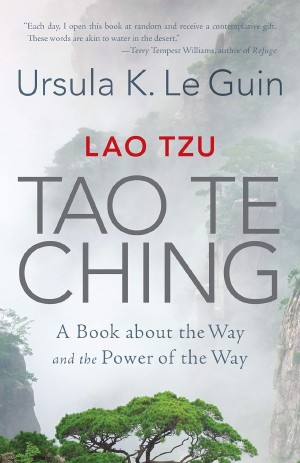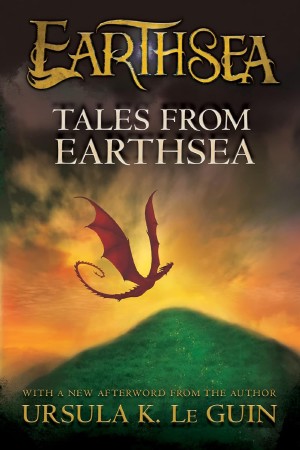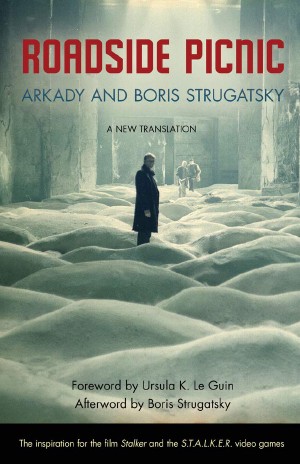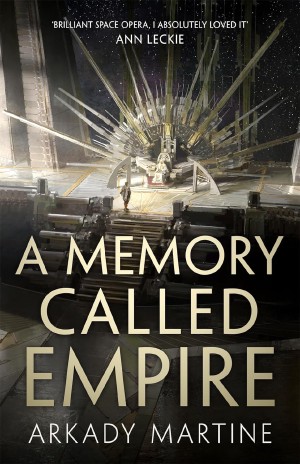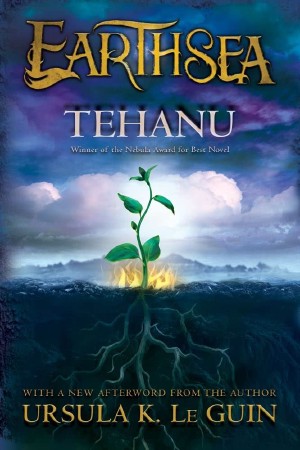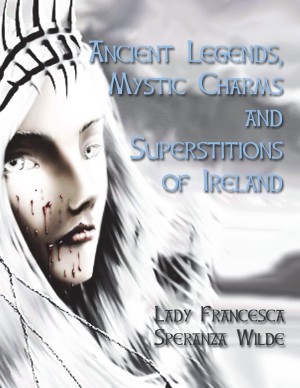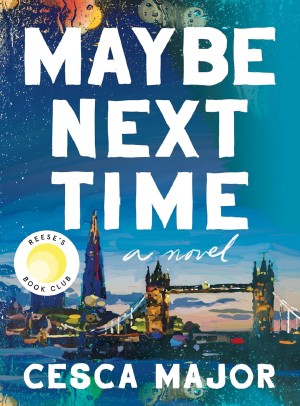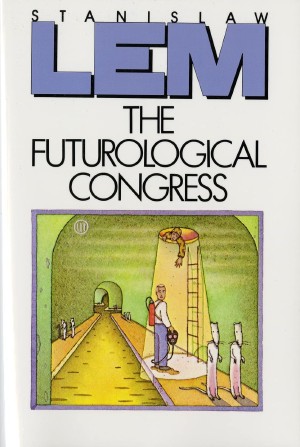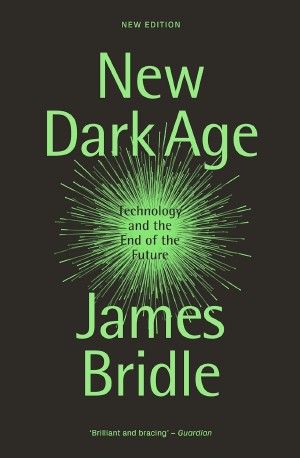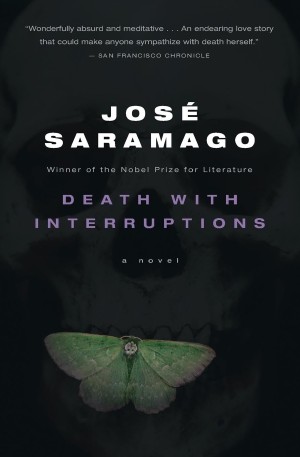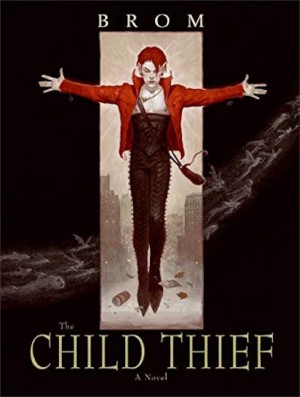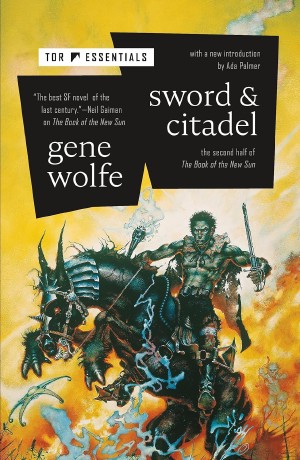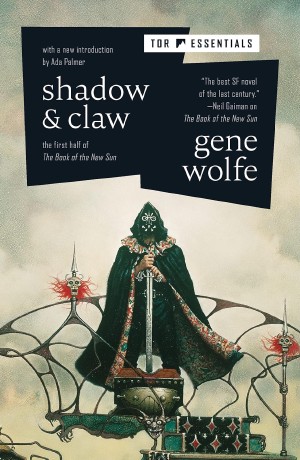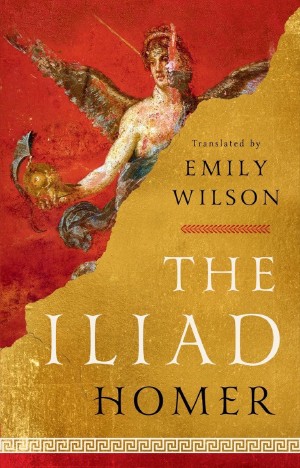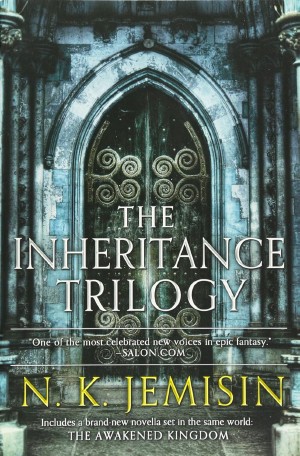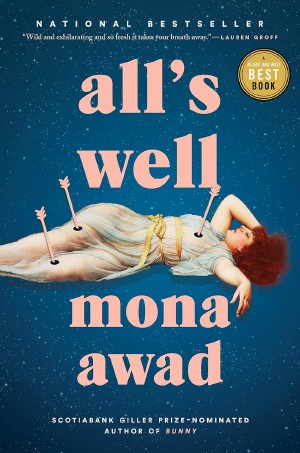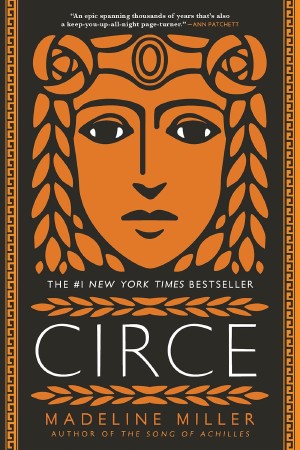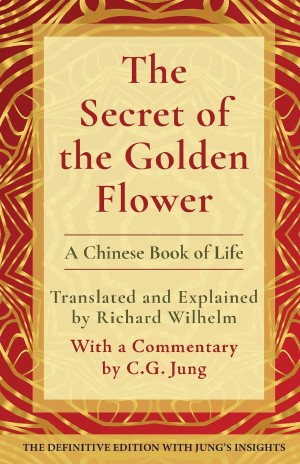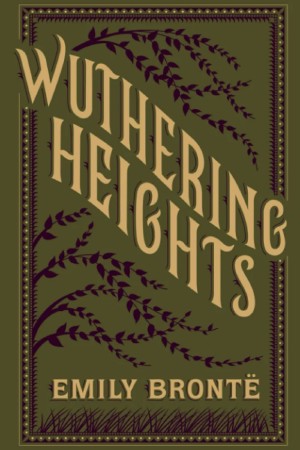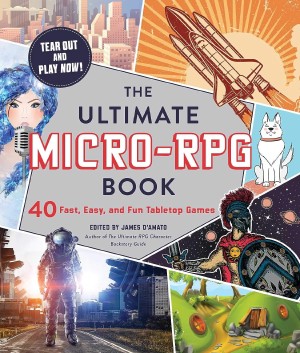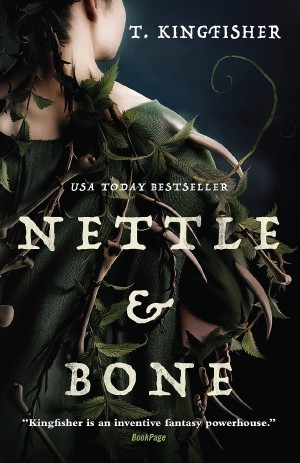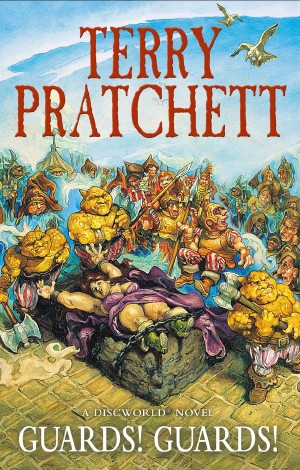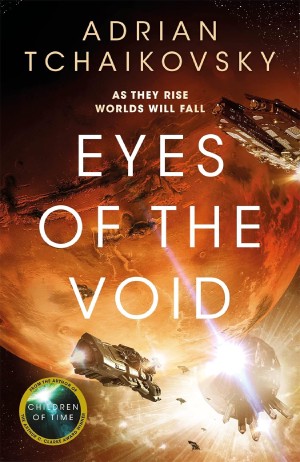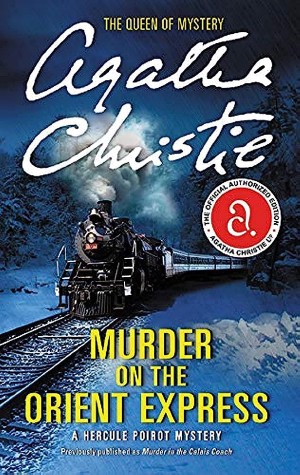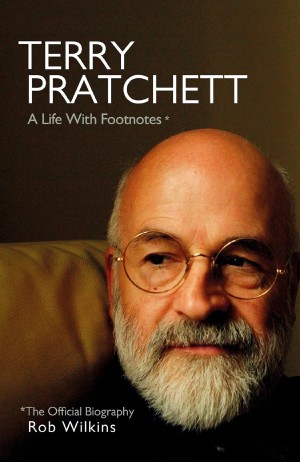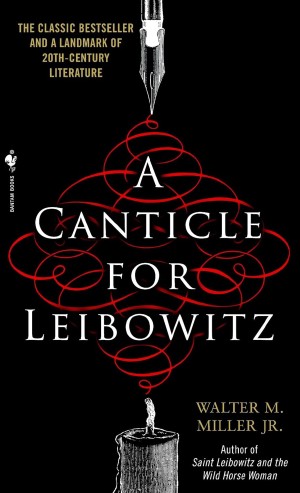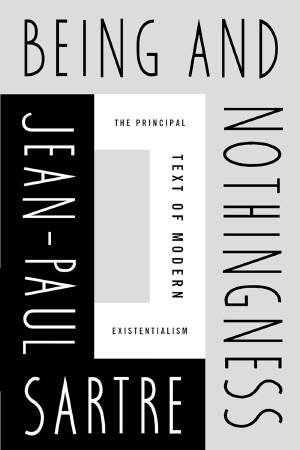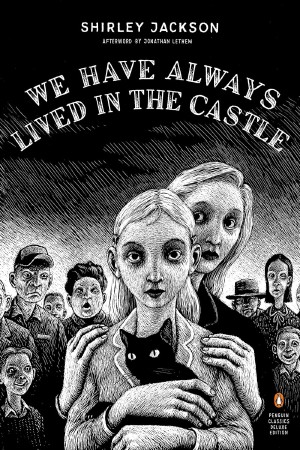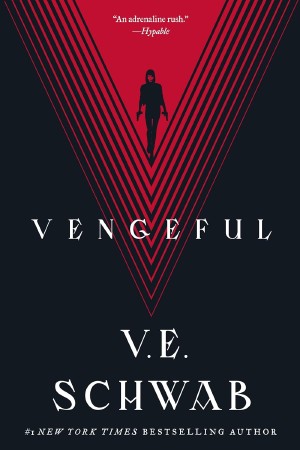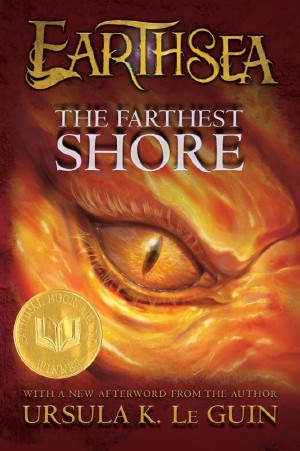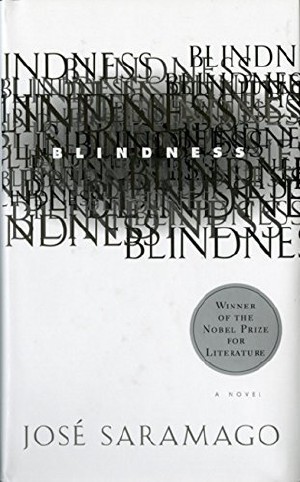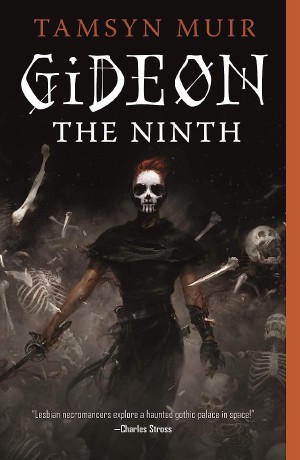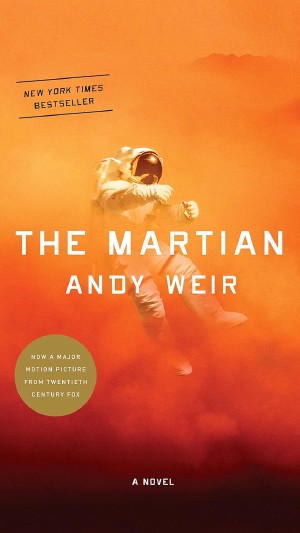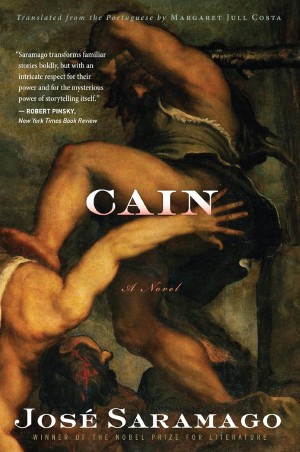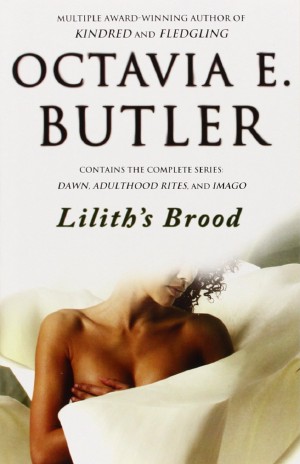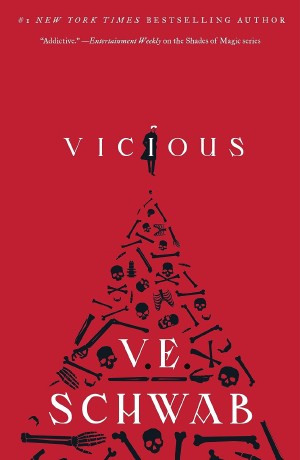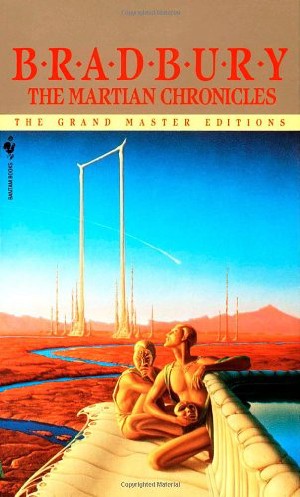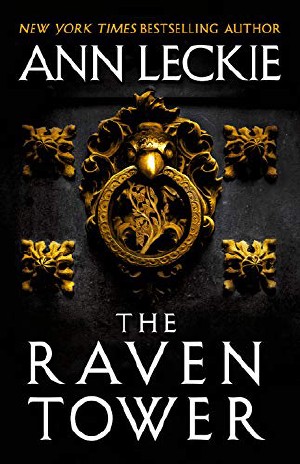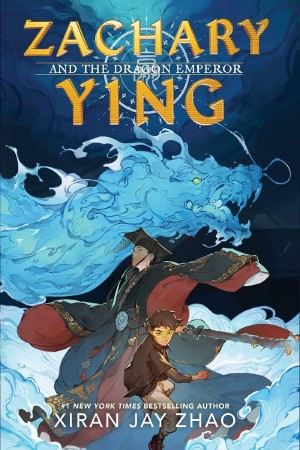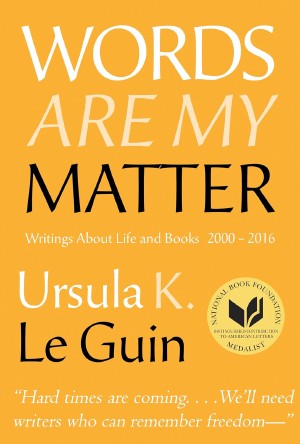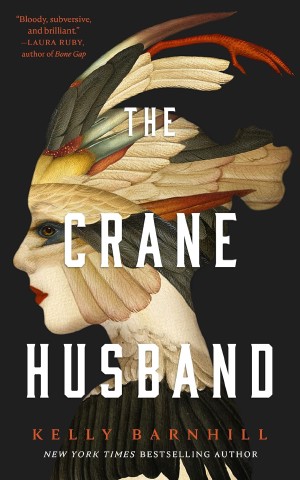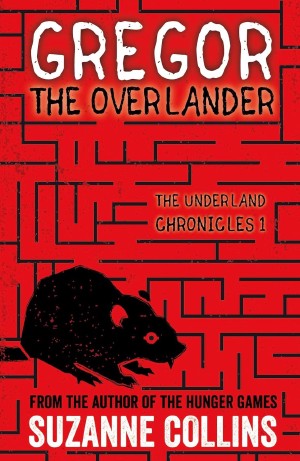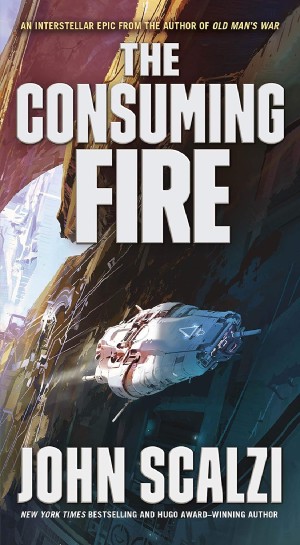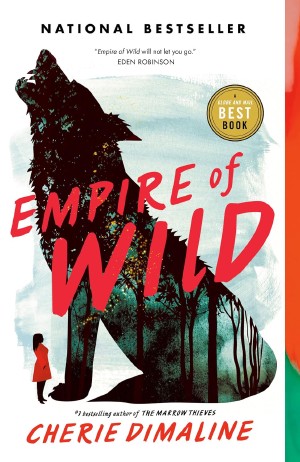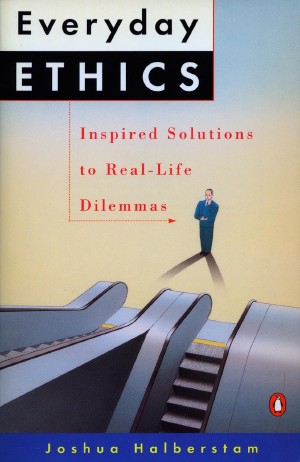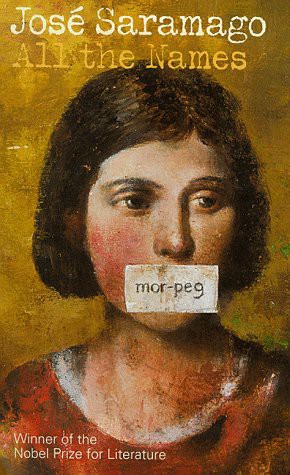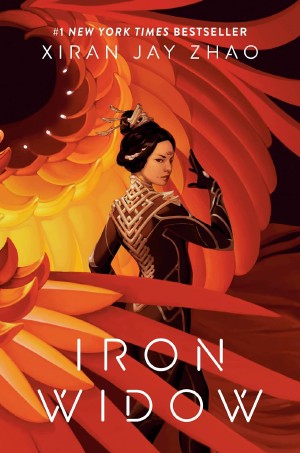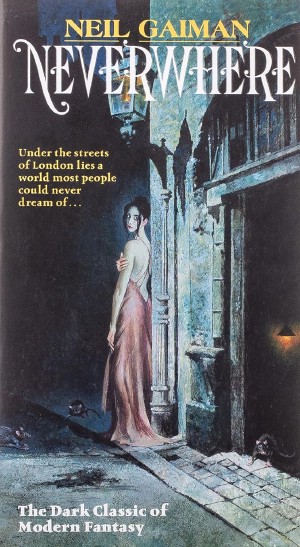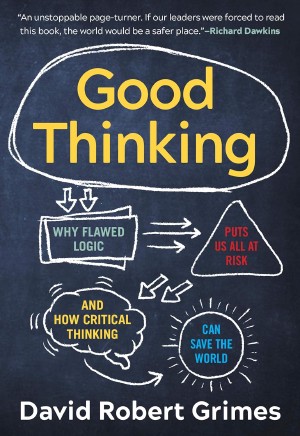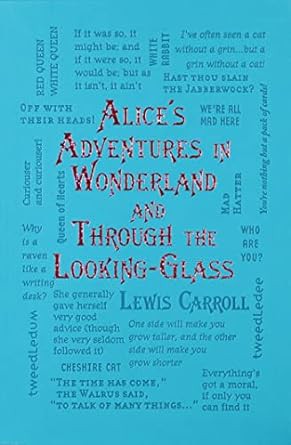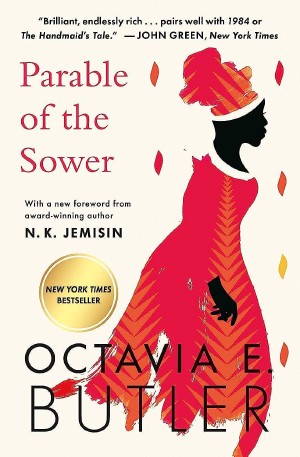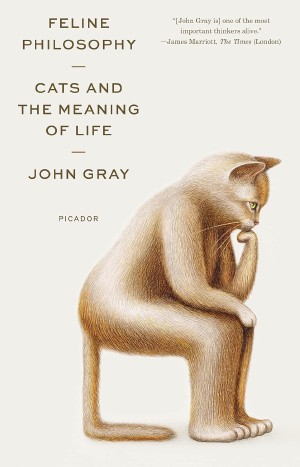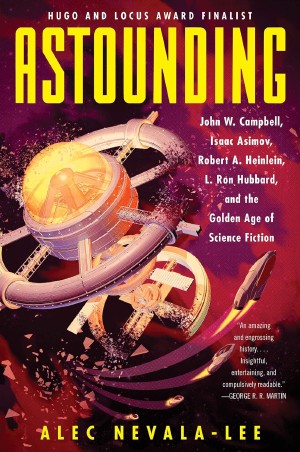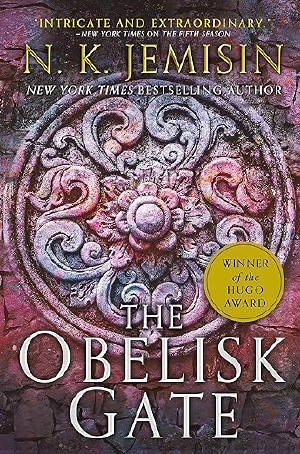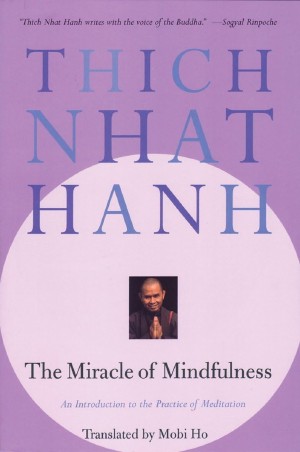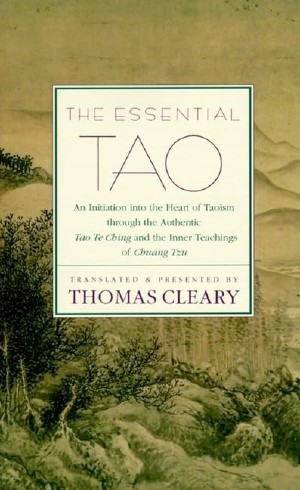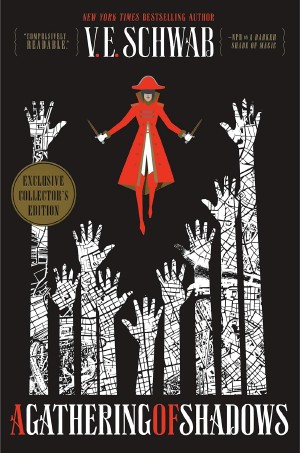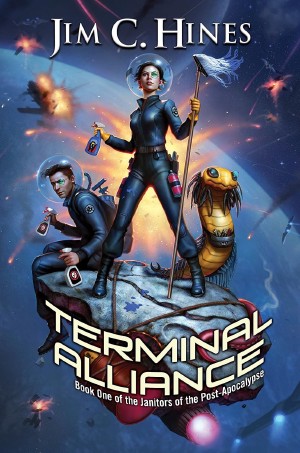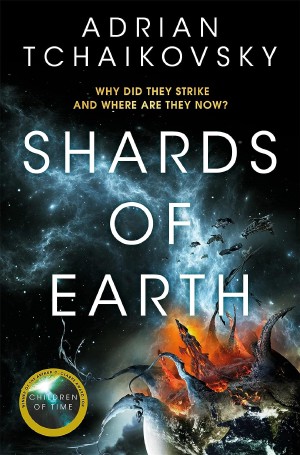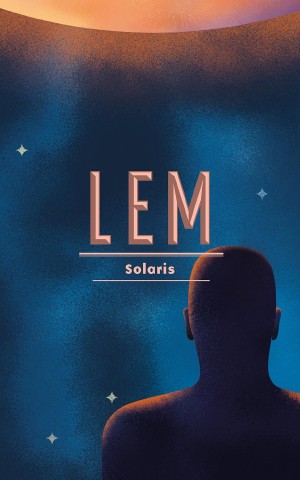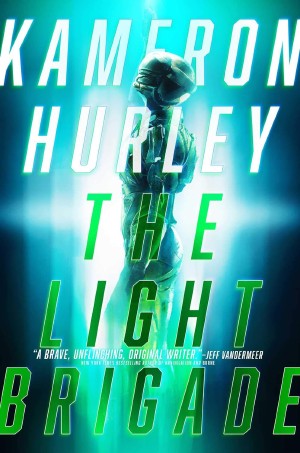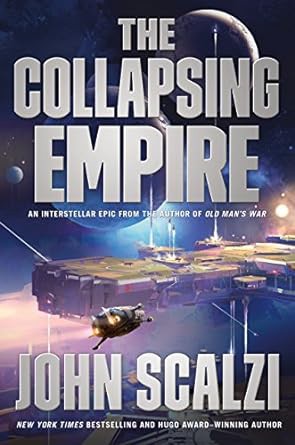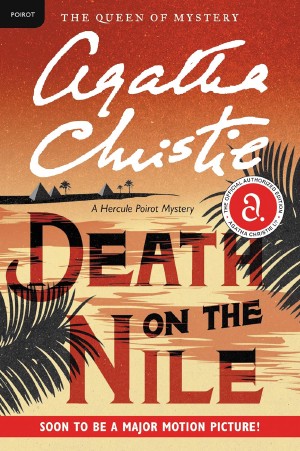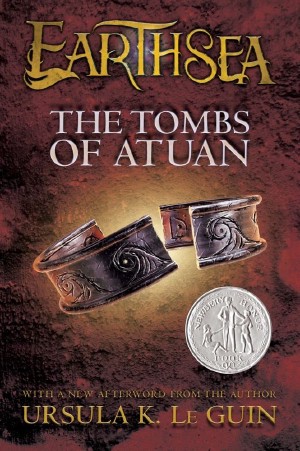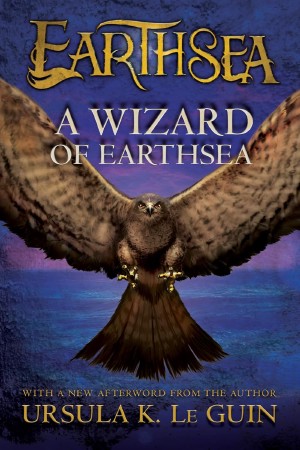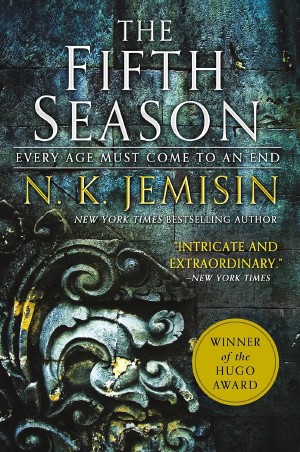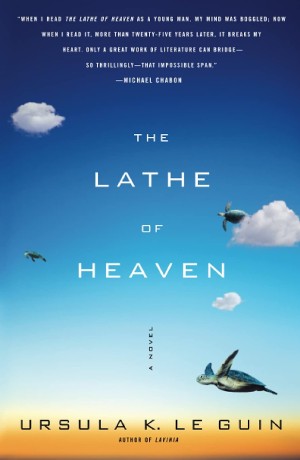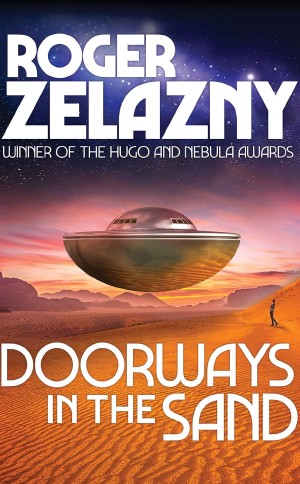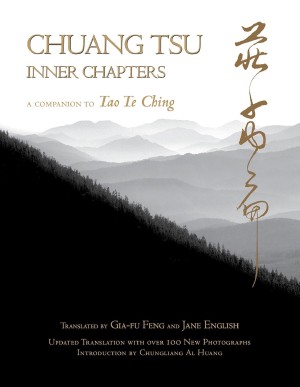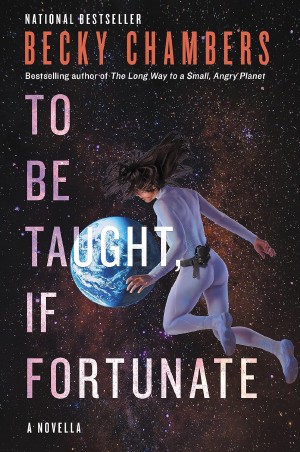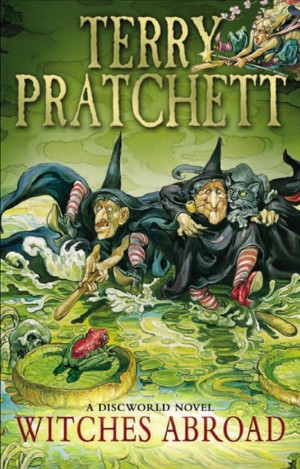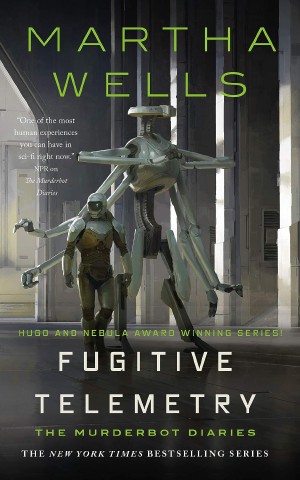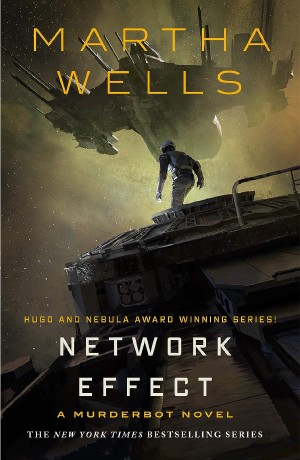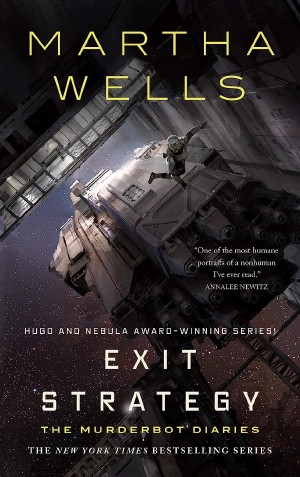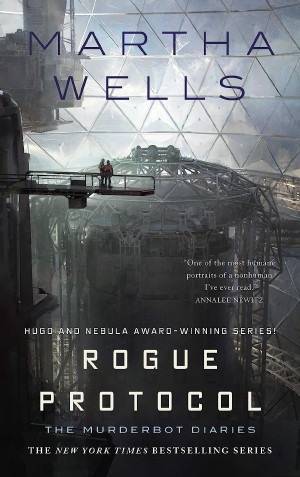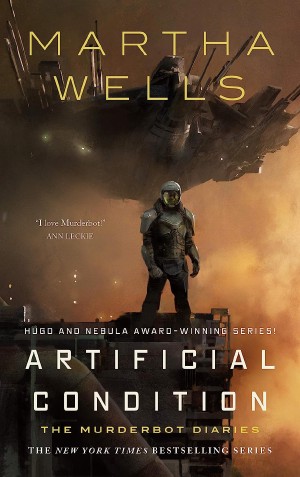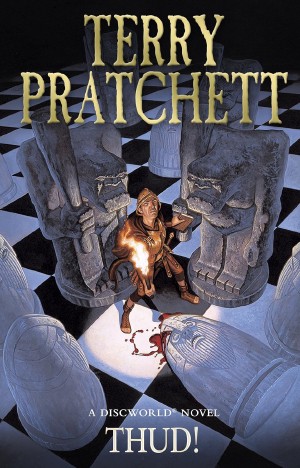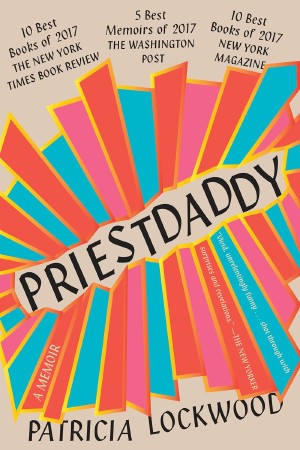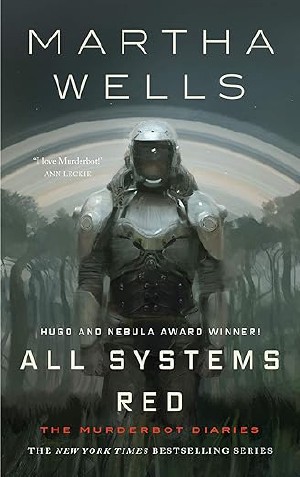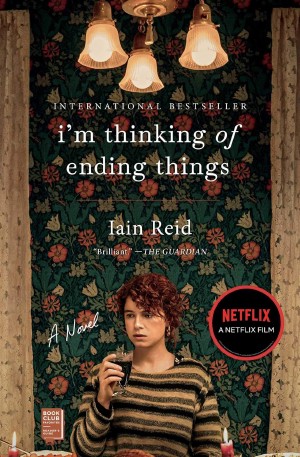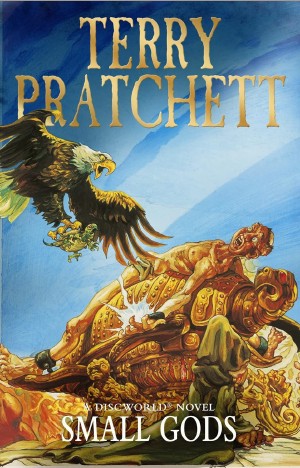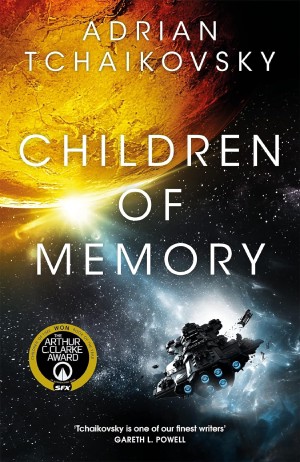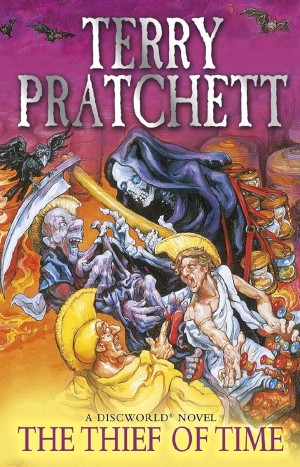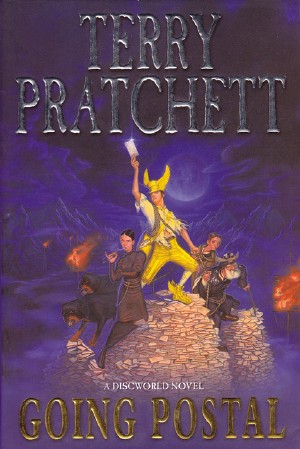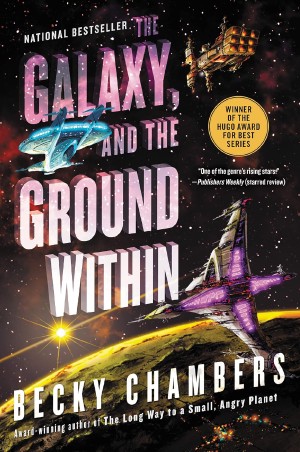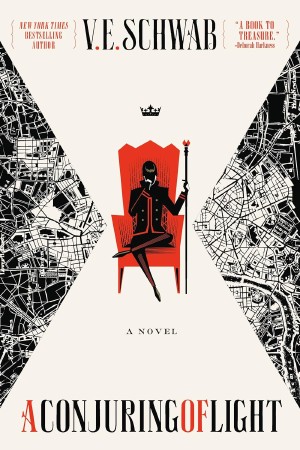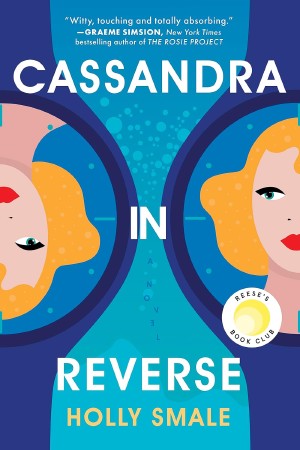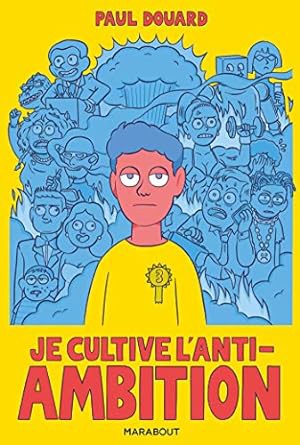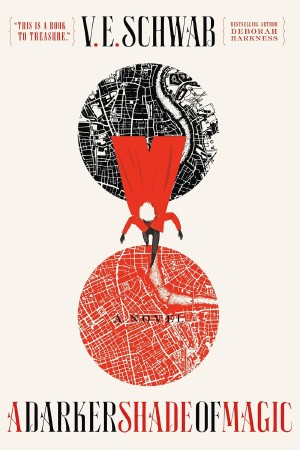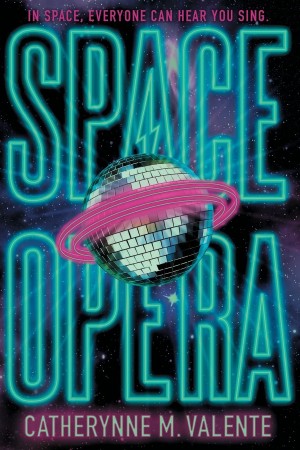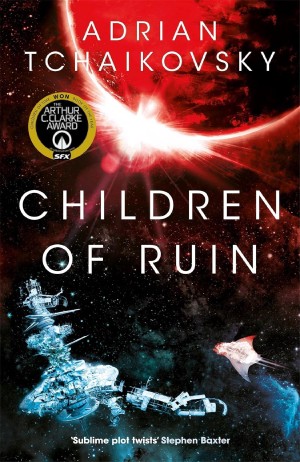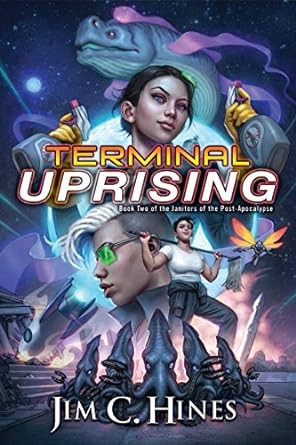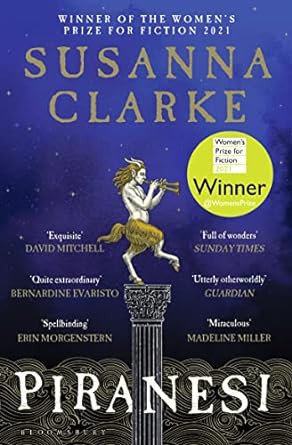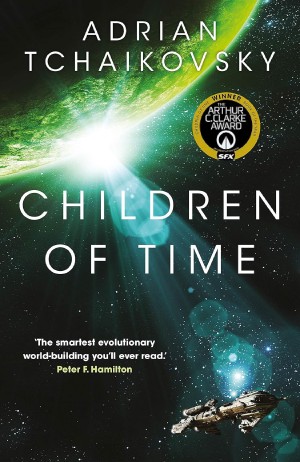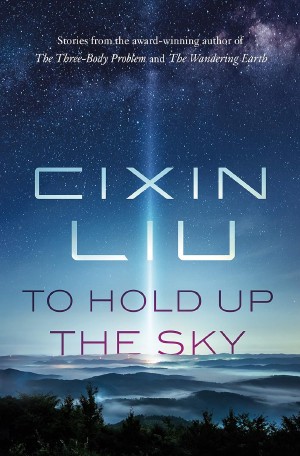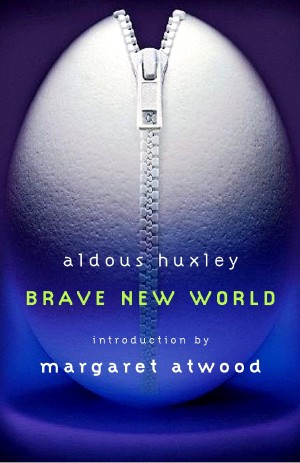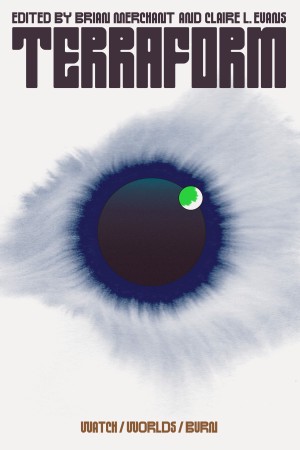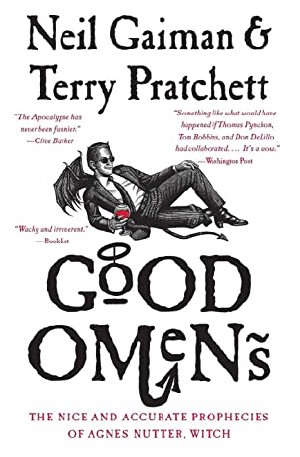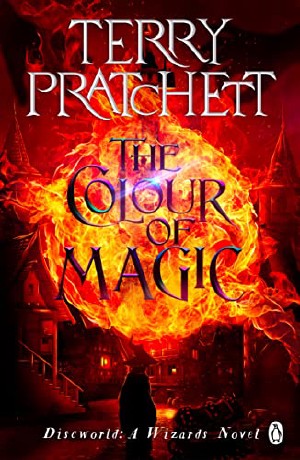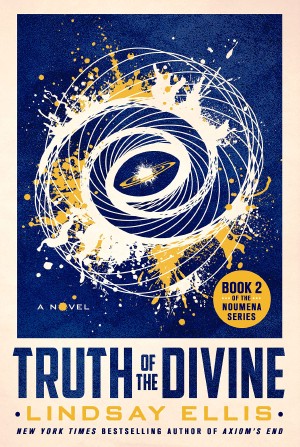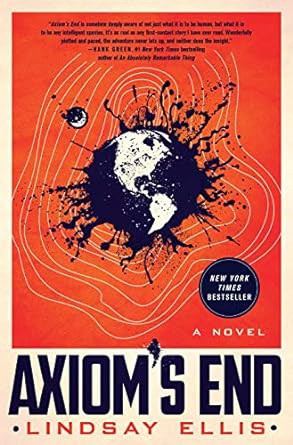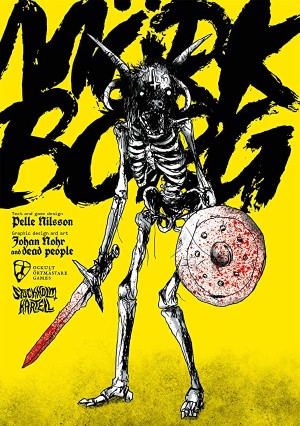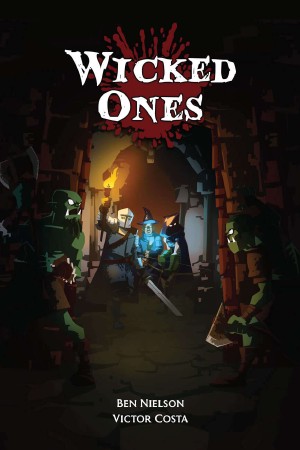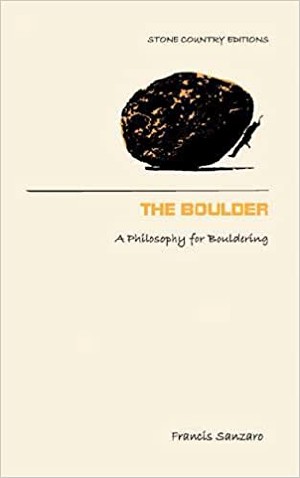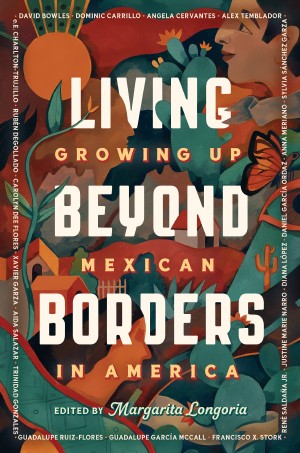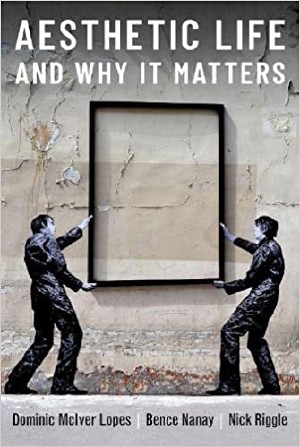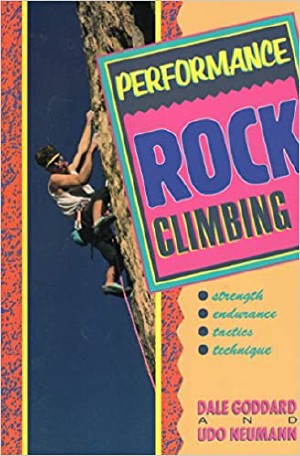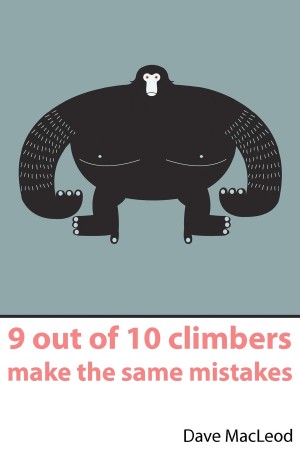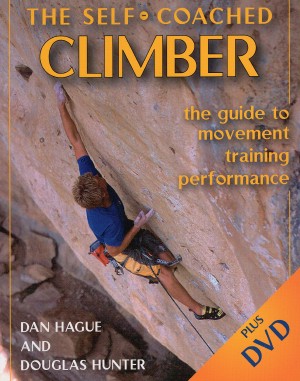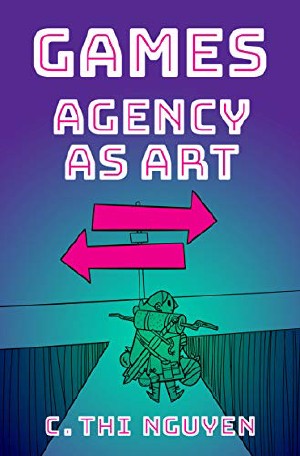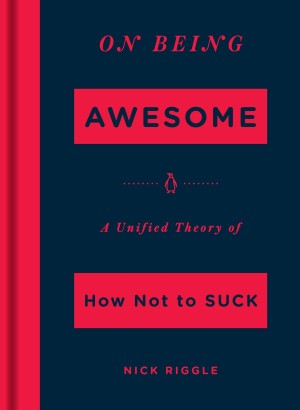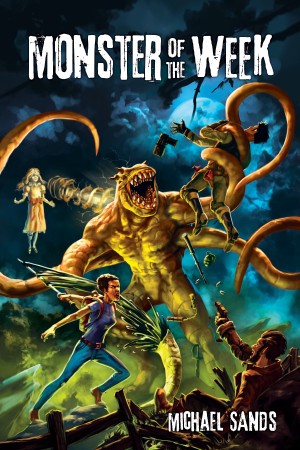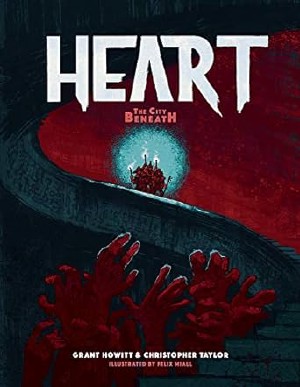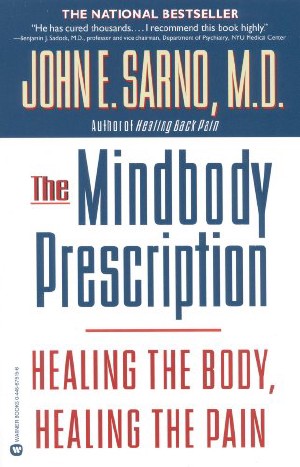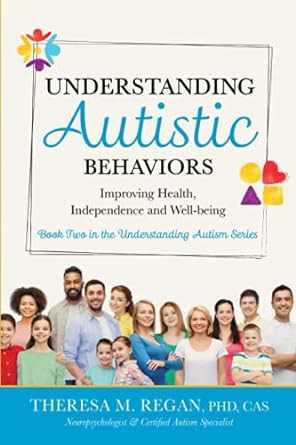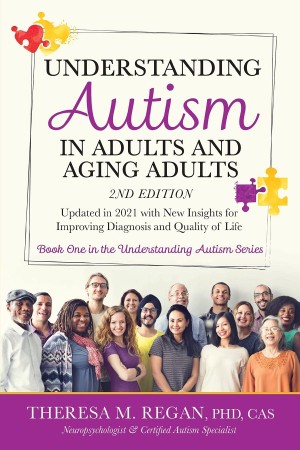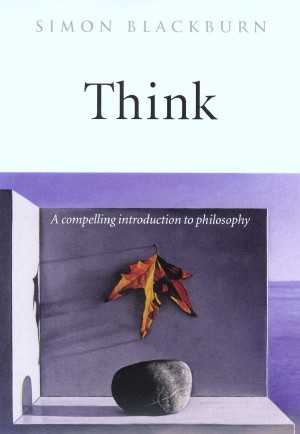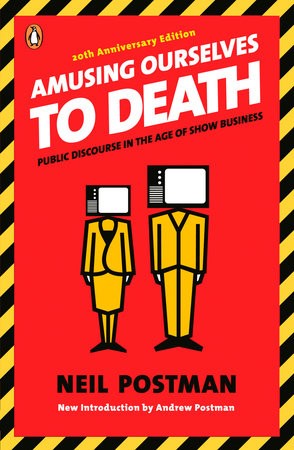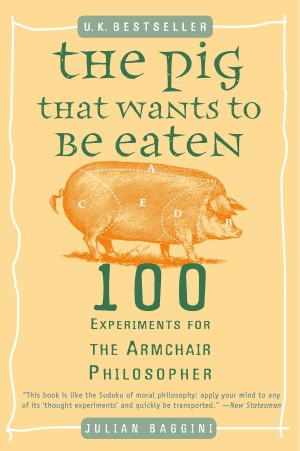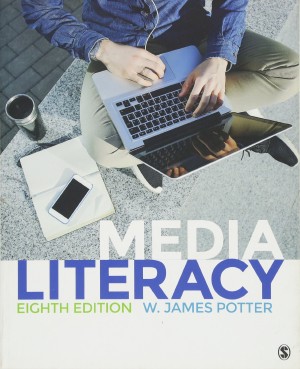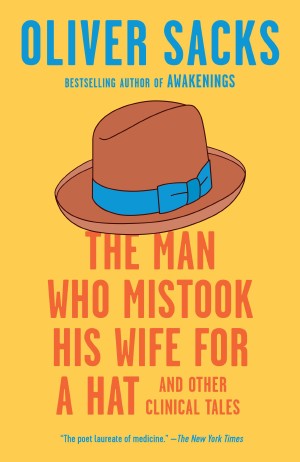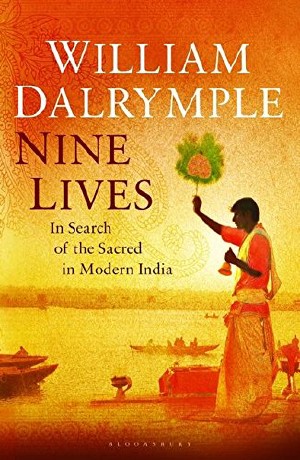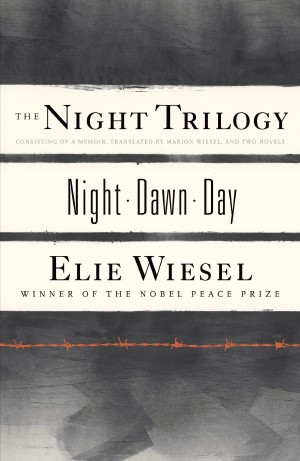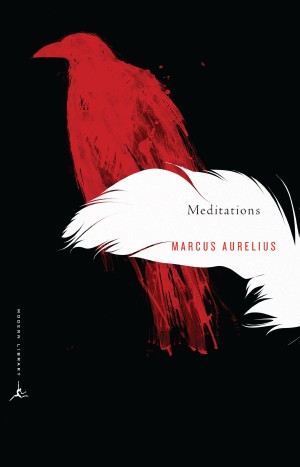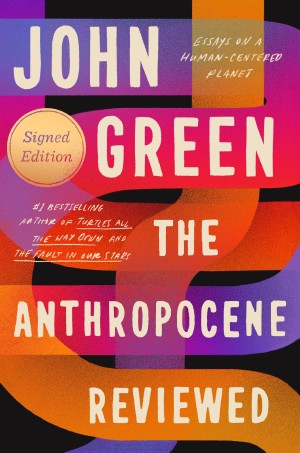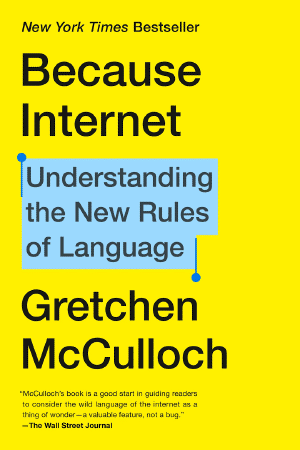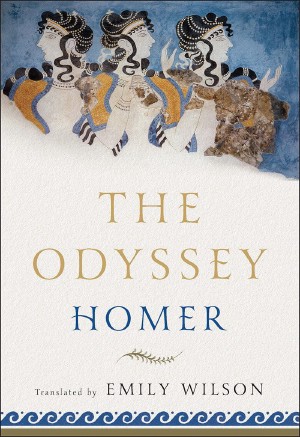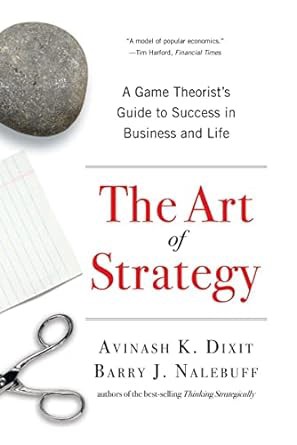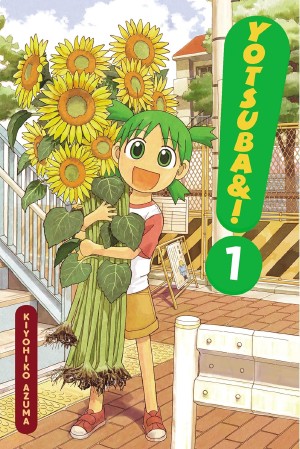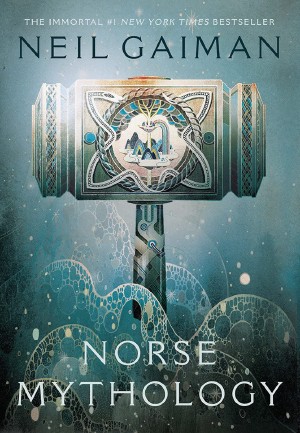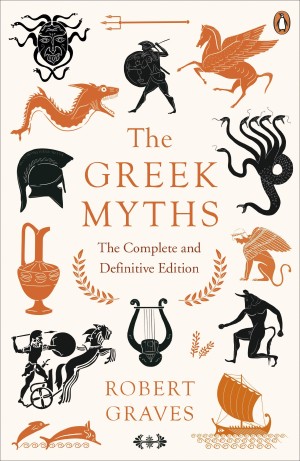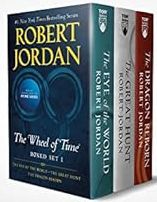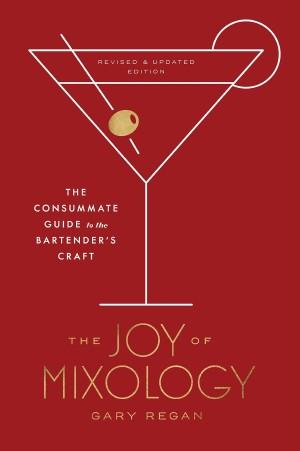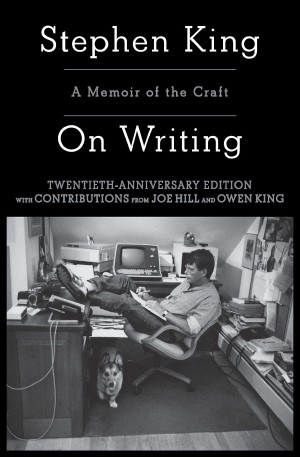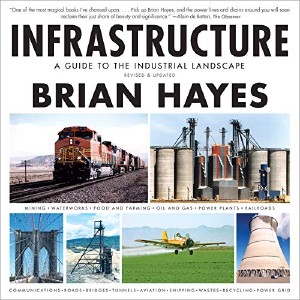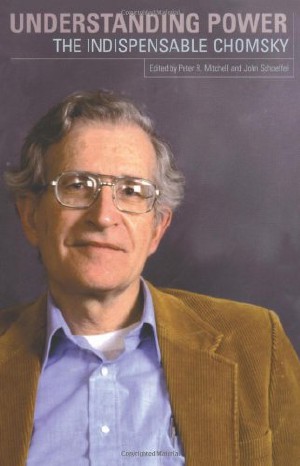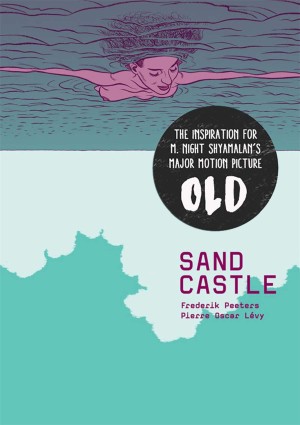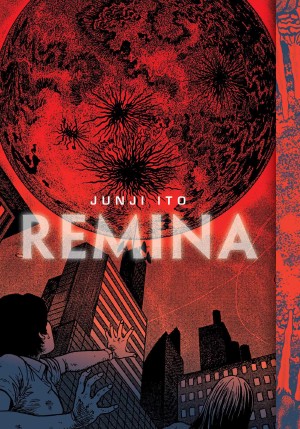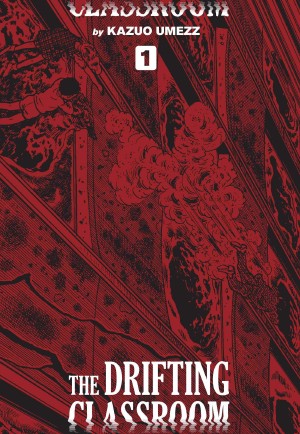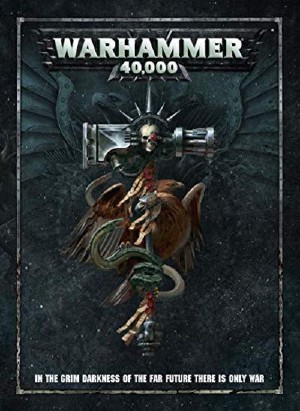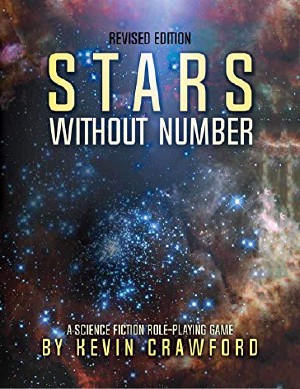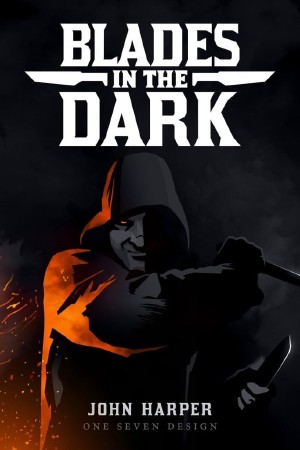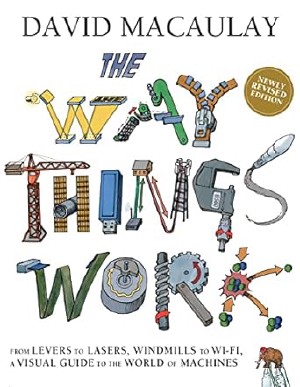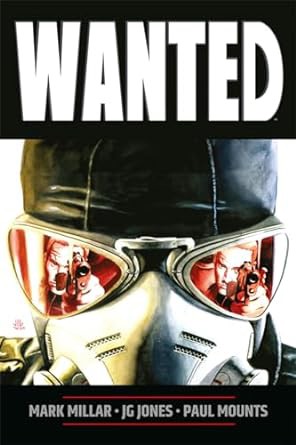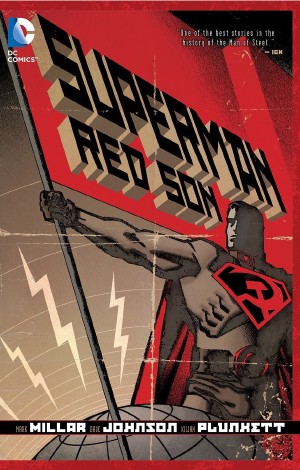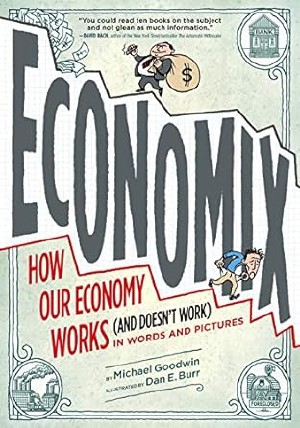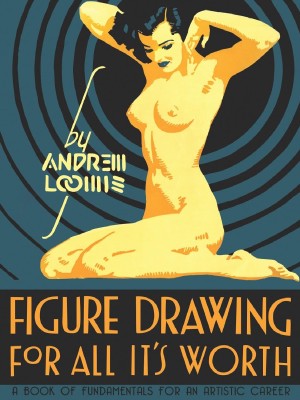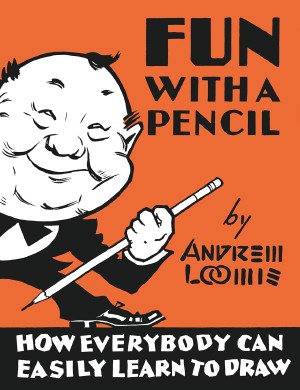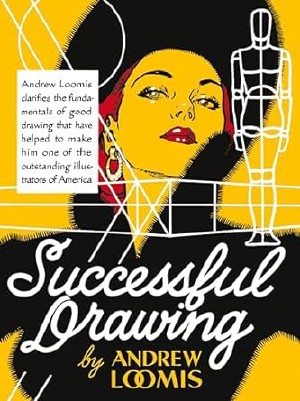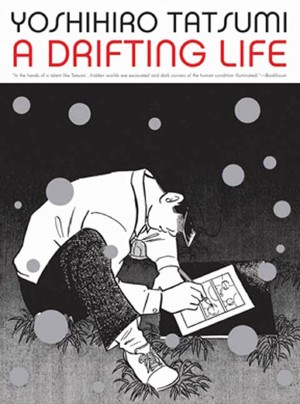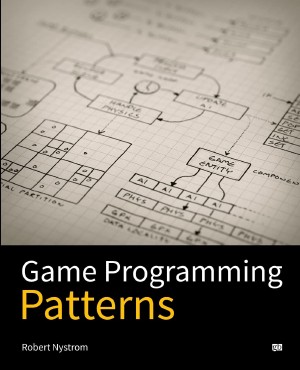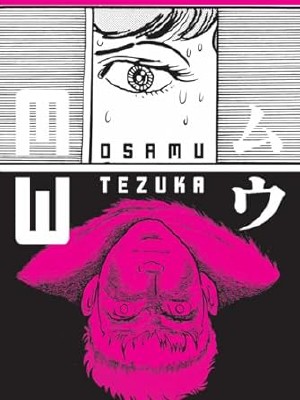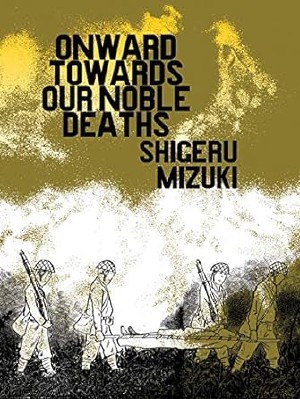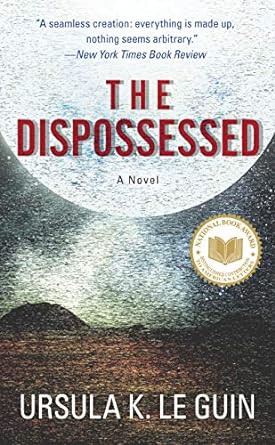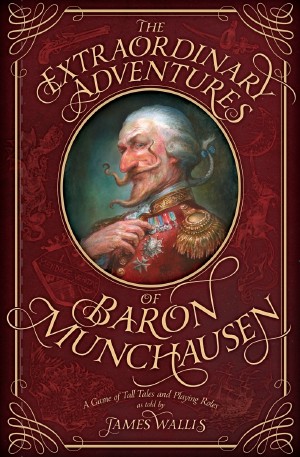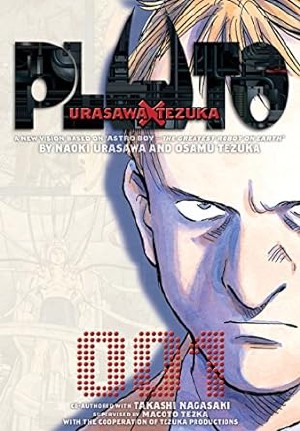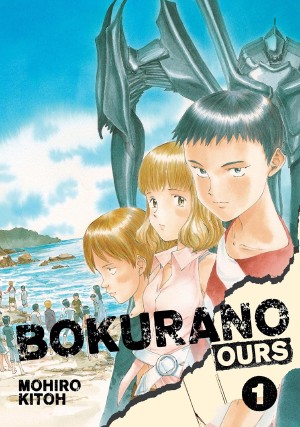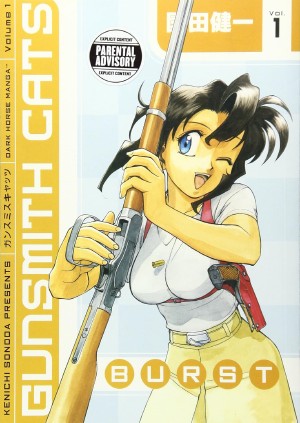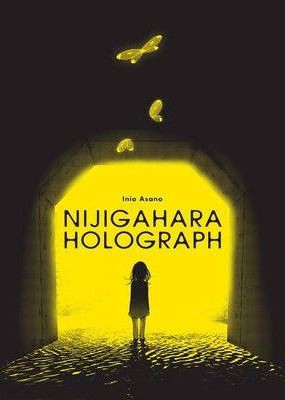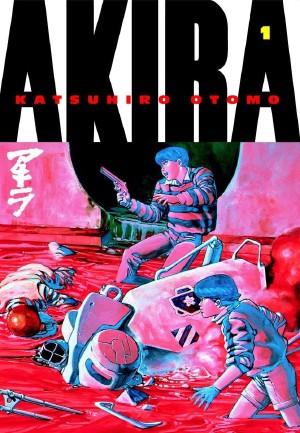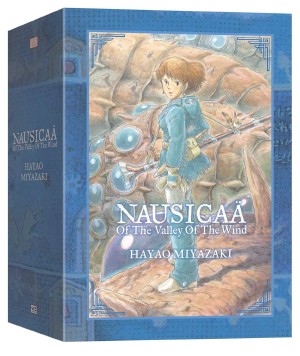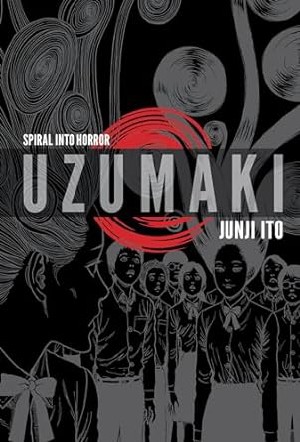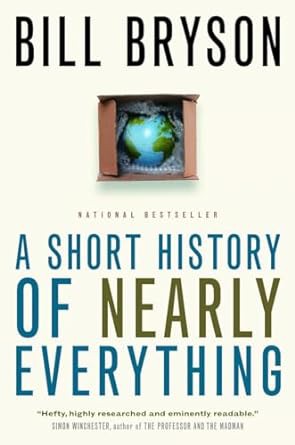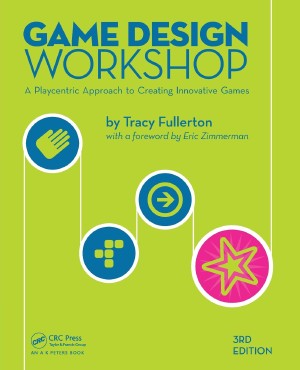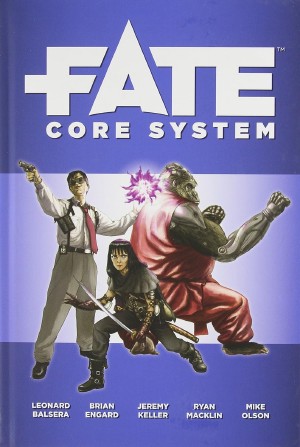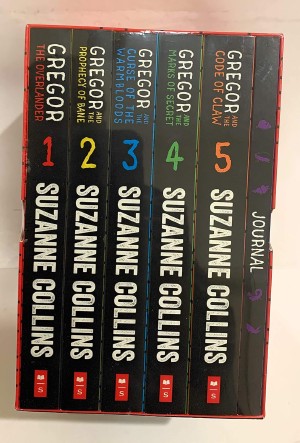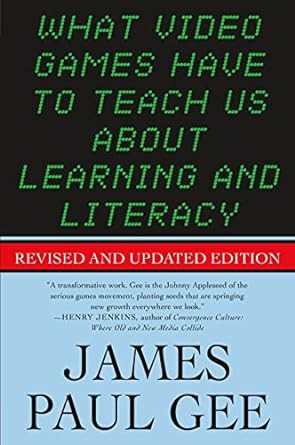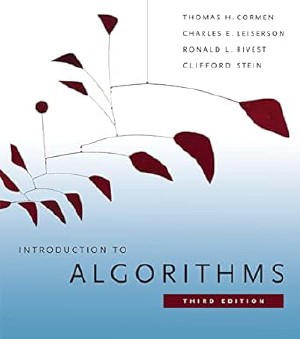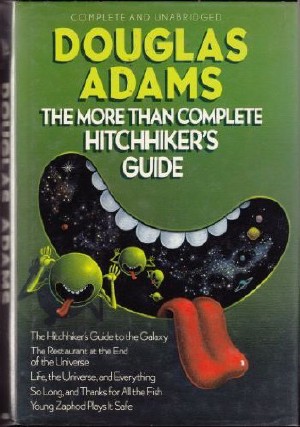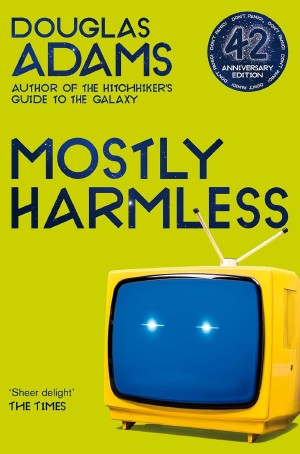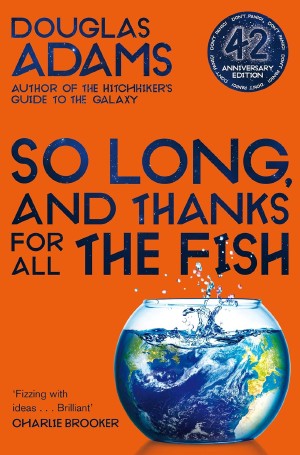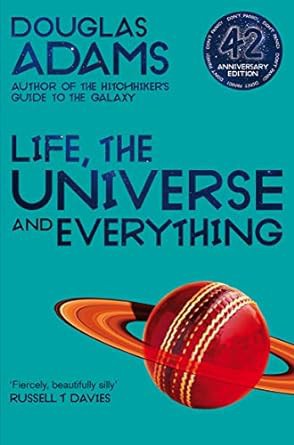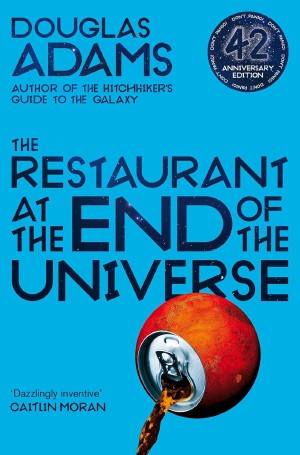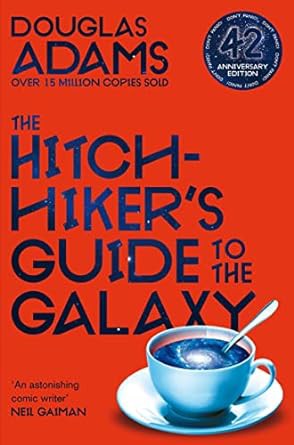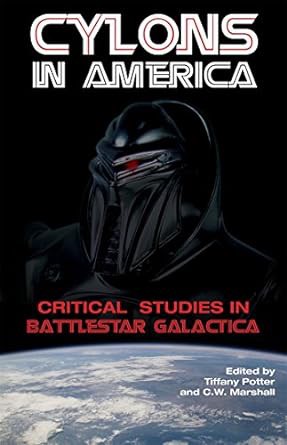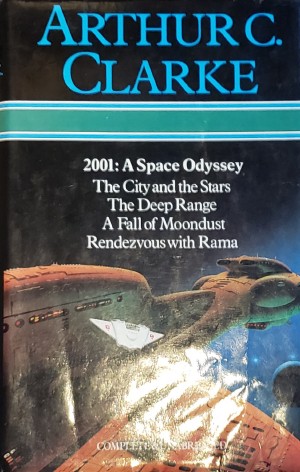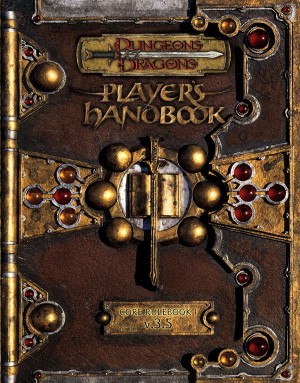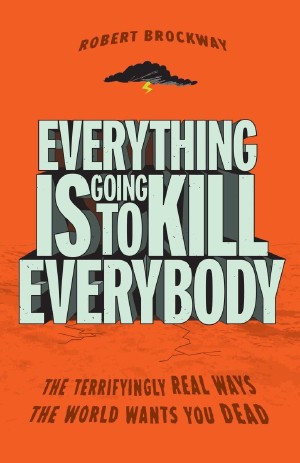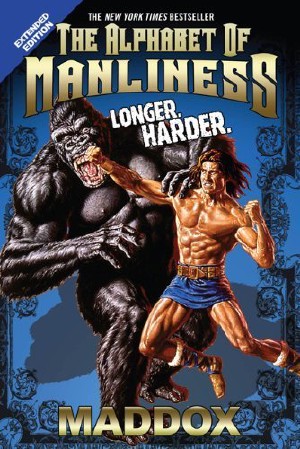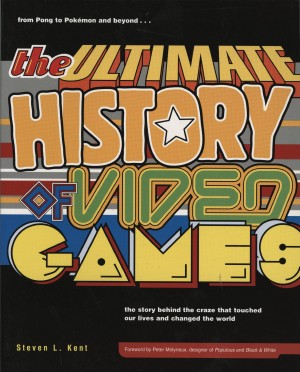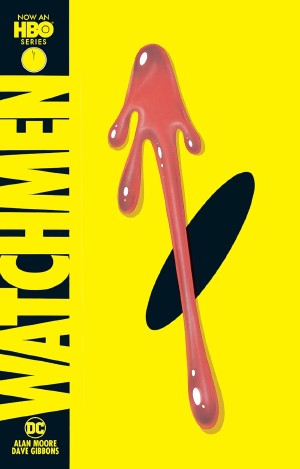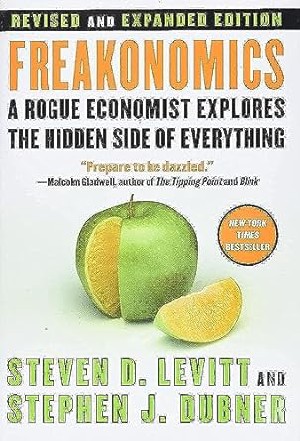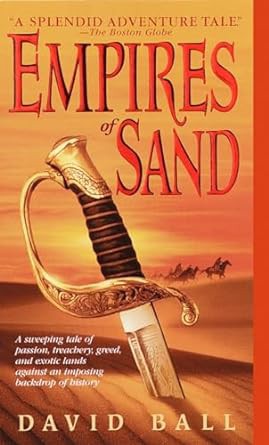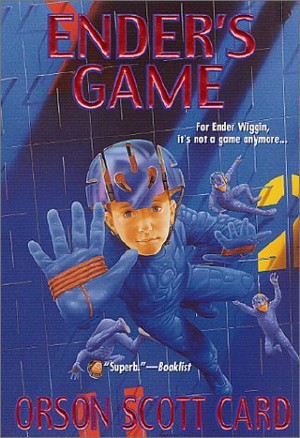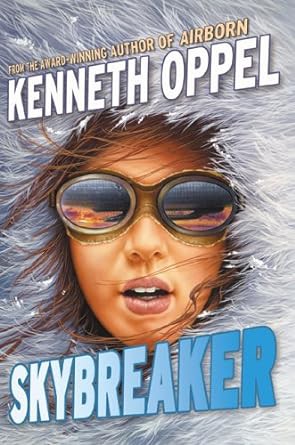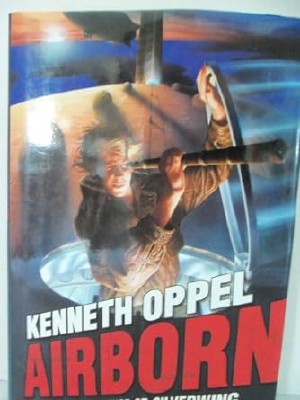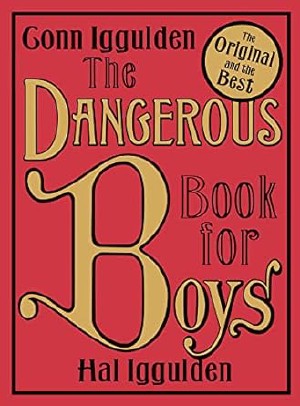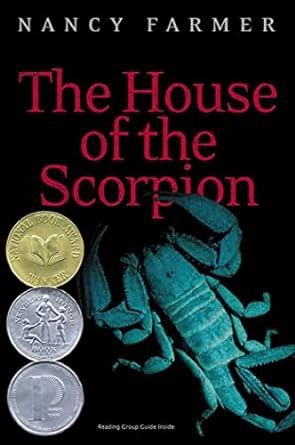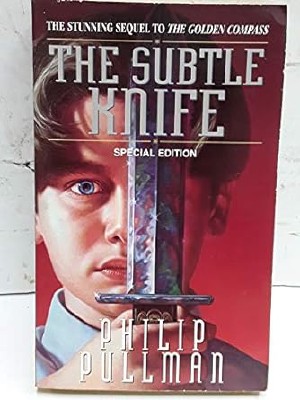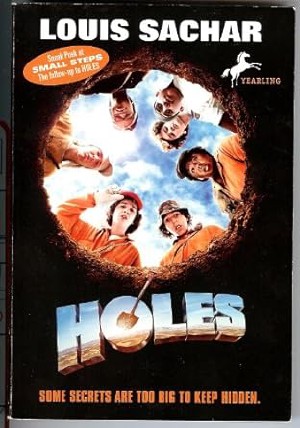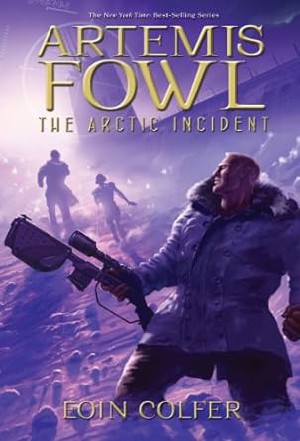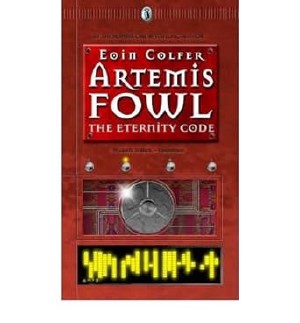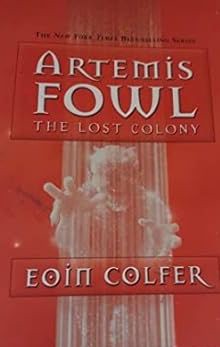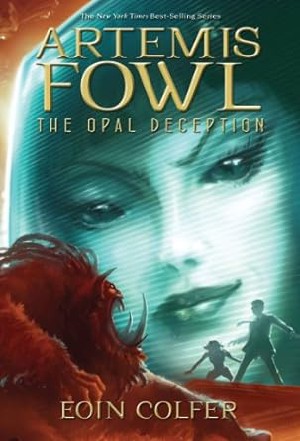The ruleset for my next OSR campaign, Ben Milton strikes again. The tables in this book are a goldmine, so I implemented them on this page here with my own composite rolls for ease-of-use, whether during session prep or at the table.
The TTRPG Zine to end all Zines. Filled with great art and essays mostly focusing on OSR play mostly targeted at GMs or roleplayers who want to become GMs.
Amazing introductory OSR module for level 1 PCs. This is a great module to run if you’ve never run a tabletop RPG before or if you’d like to introduce new people to the tabletop roleplaying hobby.
The best OSR system for introducing new players to tabletop roleplaying and OSR-style play. Maze Rats’s randomized magic spell system really shines. I recommend strongly encouraging your players to start with at least one spell slot.
A TTRPG stripped of all extraneous parts, leaving you with the only the essential. Seems like a system built for one-shots if you’re willing to put in the effort to support the loosely defined “depressing steampunk” setting.
Off-brand Teenage Mutant Ninja Turtles TTRPG. Great idea, but seems a little uninspired and too crunchy for its own good. The multiplicative math with percents using non d100 dice is particularly egregious.
A collection of sad poems filled with gaming terminology and obscure gaming references.
I picked this up because I thought it was a weird premise, it is, but I’m not convinced it’s very good.
A hyper compressed satire poking fun at everyone and everything but especially toxic optimism and the religious belief that “everything happens for a reason”.
What we encounter in the case of correlationism surprise mode is the specter of paranormal action. Distilled into its most basic form, what is haunting communism is the specter of spectrality itself. Why? Because spectrality is the flavor of the symbiotic real, where everything is what it is, yet nothing coincides exactly with itself.
p. 54
heavy sigh
Why are philosophers like this?
In The Seven Basic Plots, Christopher Booker presents a well thought-out framework for thinking about stories, it took him 35 years to write and it shows. If you’re interested in myths, fairy tales and stories more broadly, this is a must-read text, as long as you’re willing to put up with a healthy serving of misogyny and bad politics throughout.
Kathy describes herself as a “carer for donors”. She tells us about her life, the boarding school she grew up in, the people she crossed paths with, and how she became a “carer”.
The primer on tabletop roleplaying we needed — great for both new and experienced players and GMs and everyone in between.
This book has 25-50 pages of interesting ideas — sadly it’s 239 pages long.
The focus on GMing tips for fantasy games doesn’t help because I’m not interested in tropey fantasy stories told “straight” — most of the book assumes that’s what the reader is interested in.
1/2 systems-agnostic tight and informative GMing essays with contributions from half a dozen GMs dropping knowledge bombs dense with decades worth of GMing experience — 1/2 Rifts-specific stuff that I skimmed through but could be mined for some ideas.
This book is a trainwreck and I enjoyed watching it crash — even though I would’ve been better off stepping away from it and averting my eyes. But I couldn’t help myself.
A bunch of short articles on various Savage Worlds-related topics catering more towards GMs.
Many roleplaying systems claim to support play in any kind of setting but few really do — Savage Worlds is an exception. It’s got crunchy-enough systems that are only as relevant as you want them to be.
Savage Worlds is the most “more than the sum of its parts” tabletop roleplaying system I’ve played — it rocks.
A monster manual with some information on opposing factions’s mooks and bigger baddies that PCs can run into working for the Tomorrow Legion. This book also includes a few simple missions that you can run in a pinch or use as a starting point for more complex sessions.
The Savage Worlds roleplaying system smashed together with the Rifts Megaverse setting (a post-post-apocalypse kicked off by the cataclysmic return of magic on Earth and the opening of inter-dimensional portals all over it) seems like a match made in multi-planar heaven.
A wacky absurdist one-shot roleplaying system that would be impossible to improvise but running a premade one-shot might be a lot of fun.
After she forgets some lines in a theatrical performance, Lulu Blake travels to Snow Road Station, the snowy Canadian town where she grew up, to attend her nephew’s wedding. There she meets with her family, rekindles old relationships, forges new ones and, also, helps out harvesting maple syrup.
Charles, a valet robot, is let go from his job and then goes on a journey of self-discovery. Hijinks ensue.
The most avant-garde of avant-garde artists, named X, dies. X’s wife investigates her mysterious past and writes her biography and that’s the book you’re reading.
Around 400 BCE, in Syracuse, Dumb and Dumber want to put on a play by Euripides.
They’ve got no actors, no costumes, no sets, no money and little to no intelligence. But, as they say, where there is a quarry filled with starving Athenian refugees, there’s a way.
Victor and his robot companions live an isolated life in the forest with the Victor’s father Gio. Victor regularly ventures forth into the nearby scrapyards to salvage parts despite Gio telling him not to.
One day, Victor discovers something that changes the course of his life forever. Hijinks ensue.
A woman working for the Ministry of Time is tasked with helping assimilate a sailor pulled through time, who more than a hundred years prior was on a doomed Arctic expedition and would have died otherwise. Hijinks ensue.
Professor Xavier fanfic set in a 1984-esque dystopia by way of Lemony Snicket’s A Series of Unfortunate Events.
An unmarried woman comes back home after a night out, only to find a strange man in her home.
He claims to be her husband and she confirms this…
And there’s more husbands where he came from (the attic). Hijinks ensue.
Eight translators travel to Poland to translate Irena Rey’s next novel. Hijinks ensue.
The tabletop roleplaying game that inspired so many others (through their Powered by the Apocalypse branding) including games I’ve played and enjoyed like Blades in the Dark.
I’m a big Doom head. An academic game studies / history book about Doom is right up my alley. 3/4 of the way through it so far and I’m enjoying it! It’s getting me excited to play the original Doom levels again and giving me some ideas on how I could go about writing about Doom levels.
Sorcerer is a tabletop roleplaying game by Ron Edwards. It is an explicit precursor to Apocalypse World, being mentioned in those rules several times (and by extension, all of the Powered by the Apocalypse games).
One part racist sexist misguided grandpa waxing philosophical about the meaninglessness of life, one part letters responding to Durant’s inflamattory prompt on the meaninglessness of life, one part toothless conclusion. Meh.
Some of the letters were interesting to read but most of the rest of this was not.
A collection of novellas featuring the same two characters set in various interesting fantasy and fantasy-adjacent settings. White Crow is Mary Gentle’s response to all the bad low effort fantasy that was flooding the market in 90s and early 00s.
The Female Man is a more interesting and consistent story about sex and gender than Le Guin’s Left Hand of Darkness. Russ is a poet and it shows. Russ hits the reader with evocative words and images that still hold up today (mostly). The Complete Alyx Stories haven’t, but they were influential to writers that came later, like Mary Gentle (as seen in the foreword to her White Crow collection)… So I’m glad Russ wrote them.
Existential Psychotherapy by Irvin D. Yalom describes Yalom’s psychotherapeutic framework based around acknowledging and dealing with the anxiety caused by the following existential issues: death anxiety, freedom (or lack of it), loneliness (towards others and towards one’s self) and the meaninglessness of existence.
Another Terry Pratchett banger. Mort takes awhile to get going but once it does it’s amazing until the very end. It’s Terry Pratchett’s combination of philosophical, political, ethical, cosmological ideas infused into (mostly) lighthearted fantasy romps that makes more unique and interesting stories that are still enjoyable to read more than 30 years later.
Tight and fun story. Suffers from being a little bit too predictable for my taste. It’s playing with a lot of similar elements as Brom’s other work I’ve read, The Child Thief, things like fairies, the Horned God, but Slewfoot is more successful in execution (pun intended) and more nuanced and polished.
Gene Wolfe’s take on an Alice in Wonderland “rabbit hole” story which follows an American teen who finds himself in a layered fantasy world based on Arthurian legend, British folklore, Greek mythology, Norse mythology, and more… All at the same time…
I didn’t know this was a detective mystery novel (not my favorite). At least you can see this in the first few pages unlike in Emma Newman’s previous novel in her Planetfall series, which isn’t a mystery detective novel but wants to be one.
Compared to its predecessor, After Atlas is way more polished and mostly focuses on developing the interesting parts of the universe but surprisingly retains a super rushed ending that doesn’t exactly come out of nowhere but it feels like it.
Constant “mystery cucking” for 95% of the novel, a super rushed ending and paper-thin antagonists heavily detract from the interesting POV and the “promised land” religious/scientific colonial premise and setting, which is sadly a little underdeveloped.
Meh.
[…] (I rarely make revisions once I have written).
p. 216
No shit girl, we can tell.
This story is about an autistic woman who remembers and describes being born, she goes through some shit (homelessness and stripping, etc.), discovers a passion for gorillas and leverages her understanding of gorillas to help her understand other people.
Reading through K.J. Bishop’s The Etched City was sublime. Novels like this don’t get written often and reading them leaves me a changed man. The poetry, the philosophy, the mythic and dream-like nature of the writing have left me completely stunned and in awe of its beauty and depth.
Can our ragtag crew of loveable space scoundrels kill God and save the universe?
Ummmmm probably?The Luau served a first-rate venison steak. What would they say on old Earth if they saw one man eating a kilogram of meat at one meal? Poor damn soybeansuckers!
Hoorah US military (but in SPACE) does a colonialism, oppressing and enslaving the sentient beings on a planet to extract the valuable resources from the land, wood. The oppressed people learn about the concept of murder from the Humans and use it to fight back.
A small American town is trapped under a gigantic forcefield (the Dome). Hijinks ensue.
I tried to write a book that would keep the pedal consistently to the metal. Nan [King’s editor on Under The Dome] understood that, and whenever I weakened, she jammed her foot down on top of mine and yelled (in the margins, as editors are wont to do), ‘Faster, Steve! Faster!’
Stephen King on writing Under The Dome
Dark Avant-garde OSR module that would be a perfect fit for the bleakness of a system and setting like MÖRK BORG.
The PCs will delve deeper and deeper into the madness of a drowning village, a broken dam and an ancient evil that’s underneath it all.
A collection of essays about GMing. Offers some good tips and tricks but it’s not as comprehensive or as much of a must-read as So You Want To Be A Game Master?
An extremely efficient yet thorough guide to running tabletop RPG games. I would have loved to have read this back when I first started GMing over a decade ago! It’s got everything you need to give you the confidence to start run great games.
Even if you’ve got experience GMing, there’s so much knowledge in this book and it’s expressed so clearly that you’ll undoubtly learn a bunch reading it, no matter what kind of games you’re interesting in running.
A tiny collection of punched up blog posts on DMing from Micheal Shea. The “Session Zero Checklist” was useful but there’s nothing here that’s mind blowing or worth going out of your way to read.
An abstract, surreal, mythical, weird sadhouse megadungeon — a perfect fit for old school rennaissance tabletop roleplaying games, as long as you’re open for things to get a little bizarre.
OSR RPG system that cleaned up the Ennie awards in 2024. There’s a succinctness and clarity to the rules which also seems to cover all the bases unlike other OSR systems I’ve read. I’m excited to finally do some old school dungeon crawling with these rules.
Superhero anthology with great art. Focuses on bringing heroes down to earth while maintaining the wonder and awe of superpowers. Astro City is a reconstruction of the superhero genre instead of a deconstruction. It’s a precursor to comics like Invincible and the Boys.
In Screaming Planet, Jodorowsky collaborates with artists recommended to him by his publisher on short comics with 10 pages or less very loosely related to a flaming planetary object flying through space. The art styles of each short comic are varied as you can imagine, and some are surprisingly good.
Junji Ito’s art combined with Osamu Dazai’s haunting story is a match made in hell. Absolutely brutal read.
Gorgeous art by Dongzi Liu can’t save the horrendous writing by Jodorowsky. The extremely taboo and fucked up premise for this is one thing, but I’ll read a story about anything. It’s just so bad.
I cannot begin to imagine what sort of circumstances would have led to the production of this comic. That’s the story I want to read about.
Jodorowsky and Moebius being horny on main and getting into some Freudian hijinks.
I’ve seen Moebius black and white art appreciated by some, and I can see why after reading Angel Claws.
Two angsty teens having just finished high school don’t know what to do with themselves. They walk around town, being angsty, people watching and talking shit about everyone. Really ugly art. A little surreal.
Whenever he [Moebius] finished a page, he would call me on the telephone. Driven by an irresistible curiosity, I would immediately get in my car to go see him. Every time I saw a new page, I swear on the life of my cat Kazan that I experienced a spiritual pleasure exceeding that of an orgasm. There before my eyes, I had the undeniable proof that comic book art was great art, just as respectable as the paintings hanging on the walls of museums.
— Alejandro Jodorowsky, July 29, 2011
Collection of academic articles in comics studies. Starts with a great comic strip introducing the collection itself followed by comic panels drawn by the authors of the articles themselves. Very cool!
Collection of academic articles in comics studies.
Grant Morrison’s run of Doom Patrol focuses on the misfits, the weird and the broken and how they are fit to fight evils that other more conventional and sane heroes aren’t equipped to deal with.
The Fifth Head of Cerberus is three novellas Frankenstein-ed together, it lacks the cohesiveness that Wolfe’s Book of the New Sun has. It feels like a prototype of what Gene Wolfe would go on to write.
A Delta Green scenario about a viral video of a woman disappearing in thin air and the small town cult that might be responsible.
A Delta Green campaign module based on the King in Yellow, where investigators start with an investigation into a missing persons case tied to the King in Yellow and get sucked into that world.
Lovecraft X The X-Files tabletop roleplaying game. Delta Green has been kicking around for decades and so it has so much modules written for it, critical for an investigative RPG like this where the devil is in the details and it’s much harder to run a game like this without any supporting material.
Interviews with a bunch of science fiction writers. It’s great if you’re interested in getting to know your favorite author’s perspective or if you’re interested in getting recommendations from them.
Use of Weapons, it’s about Iain Banks’s utopian Culture, and how it deals with autocrats and a freelance mercenary named Zakalwe who doesn’t like how the Culture deals with autocrats, so he takes matters into his own hands.
This is a decent novel but not one of my favorites from Iain Banks. It doesn’t stick the landing IMO.
A grounded yet fantastical story about a young woman, Sasha, who is selected to attend the Institute of Special Technologies. Sasha attends this mysterious college and is thrust into a world of dark academia with widespread and fantastical implications.
An inversion of its predecessor Dune, Dune Messiah tells the story of Paul Atreides 12 years later, now sitting on the Imperial throne, post-universe spanning jihad, being responsible for the brutal killings of billions of people… Our “hero”.
A sci-fi horror tabletop RPG with some of the most evocative RPG modules I’ve ever read. I can’t wait to play this!
Metal Gear / A-Team inspired tabletop RPG. Seems like this would be great for one-shots (or potentially longer campaigns) with people with any level of experience in roleplaying because the rules are so simple yet exciting.
“You can’t beat no orc marines
When we fire our M16s!”
p. 151
Mary Gentle’s Grunts in a nutshell. Grunts is a satire of the schlocky high fantasy Tolkien ripoffs of the 70s and 80s. It pokes fun at the aesthetic of the American military as portrayed in film and literature. It combines Grand Guignol (think slapstick but extra gory and violent) dark comedy with satire on bad fantasy.
An ancient Sumarian/Babylonian bromance for the ages. Its fragmentary nature forces readers to imagine what stories these missing pieces might tell.
Becky Chambers’ space opera following the scrappy and loveable crew of the Wayfarer, tasked with their biggest job yet.
The Kaiju Preservation Society is John Scalzi’s attempt at writing a Jurassic Parc-esque light sci-fi romp that pokes fun at billionaires and postures as hard as a heterosexual white man like John Scalzi can about inclusion and diversity.
Ursula K. Le Guin’s Greco-Roman mythical retelling from 2008, way before these kinds of novels became “cool” and everyone started writing them.
Lavinia tells the story of, well, Lavinia, a character in Vergil’s Aeneid who isn’t given any speaking lines. Lavinia being such a paper thin character gives Le Guin the opportunity to fill in the many gaps. And, to no one’s surprise, she’s done a great job of it.
A loosely related sequence of epic poems about transformation(s) inspired by Greek mythology written by Ovid more than two thousand years ago, translated by Stephanie McCarter in 2022.
A man dies and is reborn over and over again retaining the memories of his past lives. He’s not alone. Hijinks ensue.
Ash - A Secret History is by far the longest novel I’ve read. When I saw the thickness of the book, the number of lines on each page and the miniscule size of the font, I was scared that I wouldn’t be able to read through the whole thing.
All it took for me to get over that fear was reading the first few pages. Mary Gentle hooked me with her commitment to telling Ash’s story in a way that only she could and she refused to let go of me until the very end.
Juniji Ito’s drawing ability vastly surpasses his writing ability. Reading through Tomie has made that abundantly clear to me.
What if you combined Johnny Mnemonic and Total Recall but the data in Johnny’s brain is a sentient “personality upload” of a bio-engineered war bear with 12+ PhDs? Also, there’s SuperTrump who’s using his infinite charisma to put chips in people’s brains to get them to comply with anything and everything he wants (yikes).
That’s Bear Head.
Adrian Tchaikovsky strikes again. Human animal hybrids with developing consciousness. Check. Hive mind consciousnesses. Check. Empathy porn. Check.
I might enjoy Dogs of War more than Children of Time? It’s more efficient and covers many of the same themes with many more interesting characters.
The ultimate gamer Gurgeh is tired of his life in a post-scarcity society because he’s played every game there is and nothing and no one can put up a challenge. He’s given an opportunity to spice up his life, he takes it. Hijinks ensue.
I’ve played the Paranoia RPG more than a few times, it’s always a blast. If you’re into chaotic, goofy, absurdist, comically dystopian settings and cooperative/competitive roleplaying systems then you’ll love Paranoia.
What I Mean When I Say I’m Autistic is more of a personal diary made public rather than a memoir or a primer on Autism and suffers for it. I’m not sure it’s something in-between either, I don’t really know what it is. It’s OK, I guess?
“You’re not alone. I hear you. I see you. You’re a valid person. Autism is an intrinsic part of you and that’s not something to ever be ashamed of.
Lola, 27, England
Thanks Lola, it means a lot.
Take a shot every time Chiang brings up God (Tower of Babylon, Division By Zero, Hell is the Absence of God), writes about characters trying to be or become God-like by breaking through some kind of barrier, mental or physical (Tower of Babylon, Understand, Story of Your Life, Seventy-Two Letters), a scientist does science/deep-thinking, maybe discovering some new technology, and tries to convince the reader that said science will completely change everything they know to be true (Understand, Division By Zero, Story of Your Life, Seventy-Two Letters, Liking What You See: A Documentary).

You will plastered out of your mind.
What if you combined:
The Running Man-esque gladiatorial combat as entertainment with some Battle Royale with some pro wrestling theatrical vibes sprinkled on top with some Naked and Afraid and light it all up?
You get Chain-Gang All-Stars, that’s what you get.
These illustrations are kind of whack. All the characters look like little goblins.

But Le Guin’s Earthsea series is fantastic.

Ursula K. Le Guin’s conclusion to her fantastic Earthsea series. Once again, she manages to create a fantasy world where violence doesn’t solve everything. Her characters engage in the mundane activities that real people do most of the time: chat, make friends, think about their loved ones, cuddle with their pets, etc. The way she writes these mundane scenes makes them feel just as important and interesting as they really are.
A cat goes on a journey of self-discovery, teaching and being taught the philosophy of Zen Buddhism.
The art is great, the text is well written. It’s a philosophical picture book for all ages. What’s not to like?
Childhood trauma. Check.
Split timeline. Check.
Transported to another world. Check.
Children competing for a prize (to the death?). Check.
This is Japan.
The king was pregnant.
An anthropologist-like character lands on a planet with people who exhibit sexually differentiated physical characteristics, male or female depending on the circumstances, for a few days every month. Hijinks ensues.
I love food and I love reading. This book is an encyclopedia about food. I like it.
In working through my thoughts after reading this trashfire of a novel, I wrote five first drafts of a review. They’re incomplete but I’m posting them here mostly un-edited (just some typo fixes) for posterity. They’re either too incomplete, too snarky, too snooty or too mean-spirited to post on Goodreads.
The most well put together rendition of the Tao Te Ching I’ve read with commentary and thoughts throughout from my lord and savior Ursula K. Le Guin.
You can’t go wrong with this one.
A collection of short stories and novellas set in the Earthsea setting that Ursula wrote to help her find out how to continue the story when prompted to do so by her publisher.
There’s some great stories here but I prefer the Earthsea novels to this generally (don’t get me started on The Farthest Shore).
I love the S.T.A.L.K.E.R. games! Especially the third one. It’s a game I always come back to over the years.
Reading through the original inspiration for the games was a real pleasure.
A Memory Called Empire has big “Hugo award winner” energy: an interesting premise, consistent and intriguing world building, a promising start and a propulsive ending.
I loved my time with it and very excited to dig into the next book in the series although I suspect that it won’t be as good.
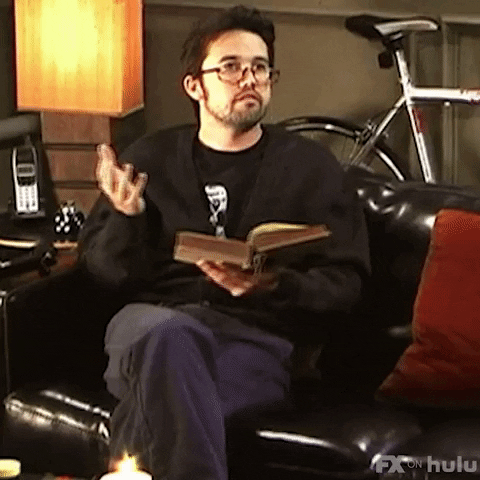
I’m not sure who to blame for how boring most of this book is:
The British for their empire and the consequences of that on the Irish.
The Catholics for influencing the Irish and warping their existing folkloric beliefs.
Lady Wylde herself for presenting these stories in a very blunt and uninteresting way.
All of the above?
This was the first romance novel I’ve read. Sometimes you have to unleash your inner mom and read a book by a mom for moms.
I’m about as far from a mom as you can get but despite that, Cesca Major pulled me in with her writing in a way that I wasn’t expecting.
Stanislaw Lem pops off once again. I’m blown away at how he can integrate all these disparate emotions and ideas into one novel.
A bleak but compelling investigation on a variety of world ending issues we’re facing currently.
You have to be in the right mood for this text but if you are, you’re likely to learn something.
Everyone in a small and nameless country becomes immortal, hijinks ensue. death, with a small “d”, shows up, does some stuff then falls in love with a bass player.
An edgy retelling of Peter Pan by Brom, the illustrator who’s work you’ve definitely seen before (Doom II, Diablo II).
A fantastic conclusion to the Book of the New Sun. Do not skip this one, it’s cool, it’s funny, it’s wacky, it’s begging to be read multiple times.
If you’ve got the right group, this would make for a great book club book.
A far future sci-fi fantasy epic following the story of Severian the torturer, a self-described insane person who has trouble differentiating between reality, his memories and his dreams, as he tells us the story of how he came to sit upon the throne.
The precursor to N. K. Jemisin’s Broken Earth trilogy, this is another fantasy setting fully divorced from Tolkien. For that reason alone, I’m into it.
It features a protagonist who gets entangled with the enslaved gods who are used and abused by the people in power. Hijinks ensue.
I appreciate the depiction of the alienation Miranda feels towards others caused by her chronic pain which is invisible to everyone else but very real to her.
It rings true to me as someone who struggled with chronic pain for a long time.
Madeline Miller, the first and the greatest of the authors writing Greek mythology fan fiction, like the hammer of Hephaestus, strikes again.
Circe rewrites the story of, well, Circe who you may have seen in Homer’s Odyssey. It was fantastic and I’m excited to read her previous novel, the Song of Achilles.
Conserve your semen.
Achieve immortality.
Rejoice.
A collection of small one shot tabletop RPGs. Their quality varies and not all of them will be interesting to the people you play with BUT there’s some bangers in here.
Feels like an Arthurian legend, a mix of fairy tales but grounded in a reality somewhat like our own with some fantastical twists layered into it.
Short and sweet, deserving of all the praise it has received.
The first novel in Terry Pratchett’s City/Night Watch series featuring the drunk and depressed Captain Vimes, the human who thinks he’s a dwarf Carrot, the everyman Nobby and the boomer Sergeant Colon. They act like a tight knit four man improv group, bouncing off each other really well and provide a great foundation for the humor, action and hijinks in the novel.
The best “second novel in a trilogy” that I’ve read in a while. To no one’s surprise, Adrian Tchaikovsky is responsible.
Eyes of the Void clicked for me when I realized that Adrian Tchaikovsky is an avid tabletop roleplayer and this novel comes alive because he’s basically role-playing (to perfection) all of his characters.
He’s thought about (and nailed) the way each character thinks and speaks based on where they’re from, who they are, their culture, etc. He’s great at this and you can see this in all of his work but The Final Architecture series feels built for him to flex his ability to write great characters.
Murder on the Orient Express is similar to Agatha Christie’s Death on the Nile (the other Agatha Christie novel I’ve read recently).
Both novels involve Hercule Poirot on vacation traveling (on a train or on a boat respectively), with the soon-to-be murder victim asking Poirot for help, him declining and then after the murder occurs, Poirot proceeds to solve the murder.
But Death on the Nile was SO MUCH MORE of a compelling read for me. Murder on the Orient Express is… Uhhhhh… Express, it’s fast and straightforward. It doesn’t waste any time. As soon as possible you’re jumping straight into the murder followed by a by-the-numbers solving of the mystery.
Terry Pratchett is an all-timer. The rare case of an author who is immensely popular for the right reasons.
This is a biography about him, and it’s the best one we’re going to get.
Part 1: Amazing. Seems like this could have easily been an inspiration for the old school Fallout games I’ve always loved. Following one monk through the post-apocalypse is cool.
Part 2: Gigantic shift in tone. A less personal, more political story takes hold. Kind of hard to get through. The shift was really jarring.
Part 3: I haven’t gotten that far yet.
Not my cup of tea. Philosophy should be understandable, this text is incomprehensible.
Maybe if was downing absinthe with Sartre and his crew back in the forties when this was written, I would “get” it. As-is though, this is pretty hard to get through.
It’s short and sweet (and sour) and that’s what makes this novel so special. It’s got one of the most unsettling POVs I’ve read in a while. It starts weird and only gets weirder from there.
It’s a great Halloween read. It’s got an Adams Family aesthetic (weird family in a mansion ostracized from their community) but with a less comedic tone.
There’s no denying that V.E. Schwab is a great writer. She’s able to construct stories that entice you to keep reading despite the underlying story not being all it’s cracked up to be.
Her Villains duology leaves me feeling empty. She knows what the big moments she wants to have in her story are and she constantly steers her characters in the direction of those big moments without it feeling earned.
Hasn’t aged as well as the first two books in the series IMO.
It’s kind of a retread of the first book with a little bit of the 80s crack epidemic and reganomics commentary spliced into it. It’s not as evergreen as the other books.
José Saramago refuses to use quotation marks, question marks and exclamation marks in his writing.
José Saramago mostly rejects the idea that paragraphs are a writing tool that exist and can be used to make a text more readable.
José Saramago mostly refuses to name his characters and chooses to refer to them instead by their job, title or some aspect of their appearance (eg. The “doctor’s wife”, the “girl with the dark glasses”).
Why does José Saramago do this?
A murder mystery set in a Warhammer 40k-esque far far future universe setting with necromancy at the core of everything. Also it’s horny but not explicitly so.
This novel is trying to do a little too much IMO and fails to tell a cohesive story that works all the way through as a result.
It’s not bad, far from it. It’s just inconsistent and a little long.
An astronaut is abandoned on Mars after a dust storm separates him from his crew. Through journal entries, he tells the story of how he tries to survive.
I was blown away by the premise of Dawn (the first novel in the trilogy) and its execution. The remnants of humanity, after a nuclear apocalypse occurs, are “saved” by aliens and forced to choose between mating with their saviors or never being able to have children again. The rest of the novels didn’t hit me as hard but they were interesting nonetheless.
“The Raven Tower” is one of the worst books I have ever read. I’ve only covered the tip of the iceberg in this review because reading through this book has left me completely drained of energy. Please don’t read this book, it is beyond trash. If you really want to, I can’t stop you but I really wish I could.
Xiran Jay Zhao strikes again. I was blown away by her YA novel Iron Window a few months ago so when I saw her next novel Zachary Ying and the Dragon Emperor on sale, I snatched it up.
Once again, Xiran has interwoven ancient Chinese history and mythology seamlessly with an anime inspired aesthetic (Yugioh in this case whereas Iron Window was very Darling in the Franxx) serving it all through a genre appropriate lens.
1/3 essays about life 1/3 book forewords 1/3 book reviews
All written by Ursula K. Le Guin between 2000 and 2016.
Ursula K. Le Guin is great, so to no one’s surprise there’s a lot to love about this text.
A short magical realism novel about a girl, her mother and her step father who’s a human size crane, the bird that is.
Hijinks ensue.
It’s heartbreaking. I’m tearing up by page 4. This series is advertised as a story for kids but it’s written in such a way that it’s just as interesting reading through it as an adult. A younger reader wouldn’t catch all the subtext (and there’s a lot of it).
Not my favorite John Scalzi novel but it was fun. I prefer when he doubles down on the absurd and comic modes.
This series is not that, although it does have its funny moments, but it’s an enjoyable romp.
I’m torn on this one. I enjoyed it but it was missing a bit of polish.
I enjoyed the cast of characters being mostly of Canadian Indigenous ancestry (well, except the villain). It’s not something I’ve seen before (which either speaks to my uncultured-ness or the lack of minority voices in the media I’m exposed to… or both).
Joshua Halberstam is the king of strawmanning. Every chapter involves him describing these absurd caricatures of human beings and then using them to try to say to something interesting (keyword: try).
Another Jose Saramago banger. In All The Names, we follow the story of Senhor José as he works in, navigates through, and subverts, the bureaucracy of the Central Registry of Births, Marriages and Deaths.
Every paragraph screams Saramago, if you know you know, if you’re into that, you’re into that.
Big robots,
fighting off aliens,
piloted by pairs of young men and women (mostly boys and girls), with the men draining the life force from the women (often killing them in the process).
Wu Zetian, eventually becoming the Iron Widow, is sold to the army by her family to become a concubine-pilot. She has a plan to avenge her sister, burn the system to the ground and build it back up again.
Dayummmmmm this was good.
This book is terrible. I read through this whole novel and I don’t have anything to show for it.
I probably should have put the book down and lit it on fire when the gigantic black Rastafarian sumo wrestler in a diaper showed up. I probably should have stopped reading when the profoundly unlikable protagonist turns out to be a pedo. I probably should have stopped reading when I realized that none of the characters were interesting.
A compelling and instructive book on the many logical fallacies we are guilty of committing ourselves and exposed to through the media and internet.
A book that made me feel as though it was written specifically for me. A must read book that very few people will read.
A post-apocalyptic story following a messiah-like figure who wishes to both: survive the horrific world she lives in with ripped from the 90s headlines / Mad Max roving gangs of murderers and rapists while also founding her own religion.
Uhhhhh very interesting. It’s a shame that Octavia E. Butler wasn’t able to finish the series. Her work is always interesting if a little uneven.
I’m deathly allergic to cats (especially unneutered cats) so despite liking them in theory, I can’t spend much time with them.
I’m not allergic to philosophy though. This book talks about cats, talks about philosophy and uses the promise of cats to ease you into thinking about philosophy.
At least, that’s what I think it’s trying to do?
A compelling historical portrayal of the lives of the men involved in writing for and/or editing the influential Astounding science fiction magazine since it was first published in the 1930s.
This novel suffers from middle book syndrome. It continues the story set up in the first book and, hopefully, sets up the third and final book.
A short semi-biographical discussion and guide on meditation.
TBH I sped through this, I need to read it again.
I remember it having some pretty funny moment where the author puts Jesus on blast.
I much preferred Gia-Fu Feng and Jane English’s translation of the Tao Te Ching. I’m not an ancient Chinese scholar so I can’t speak to how faithful this translation is compared to the original manuscript.
But I can say that the poetry doesn’t flow well and some translation choices left me scratching my head — wondering if Thomas Cleary understands how the English language works.
An absolute page turner if I’ve ever read one (I couldn’t put this book down). Each time I sat down to read, it only took a few sentences to transport me completely into this world that V.E. Schwab has so carefully built.
A Gathering of Shadows develops the characters introduced in the previous book (along with some fresh faces), portrays the evolution of their relationships with one another and sets everything up for what I’m confident is going to be a riveting conclusion to the trilogy.
This book is a joke and not a very funny one. It fails completely in its stated goal of being funny.
The tonal clash between the comedic intent of the author and the violent story centered around a group of janitors trying to stop a genocide is jarring.
The characters are nothing more than caricatures and this is a trainwreck waiting to happen given the inclusion of a comic relief autistic character.
A great space opera by the king of writing alien aliens. It’s a fantastic romp where we follow free adventures of a ragtag group of scoundrels doing their best to save the universe.
What could have been just “another one of those” is greatly elevated by the Adrian Tchaikovsky touch.
Fantastic genre-bending sci-fi.
My mind’s eye has never been very good so I rarely latch on to descriptions of the spaces that characters find themselves in. But, the descriptions of Solaris’s space station and the planet it’s orbiting were so vivid and interesting that it elevated the story for me.
The space station’s color scheme of white combined with stripes of vibrant colors lit by the alternating blue and red hues of the system’s both suns was breathtaking.
The Light Brigade is a story about breaking people down and putting them back together again, both mentally and physically, to turn them into perfect soldiers/monsters.
It’s a wild ride that kept me hooked all throughout. It subverts many of the science fiction tropes you’re familiar with to keep you guessing.
Felt more like a soap opera than a space opera at times.
There’s a lot of people thinking about, talking about and having sex. There’s a lot of scheming and plotting that sometimes makes sense but often doesn’t.
So I rolled with it, strapped on my suspension of disbelief pants and enjoyed the ride.
Agatha Christie is described as the “Queen of Mystery” and the “Queen of Crime”.
After reading through Death on the Nile for the first time, I’d recommend that we add the “Queen of Camp” to that list.
Death on the Nile is one of the funniest books I’ve ever read. I don’t think that was the intention of the author almost one hundred years ago when it was first published but reading it now I was chuckling nonstop at how campy and absurd it is.
Le Guin mostly successful attempt to write a story in the world of a Wizard of Earthsea told from the perspective of a girl and, eventually, woman.
Ged shows up and steals the show a little bit from Tenar which Le Guin will rectify in the subsequent novels.
There’s a, soon-to-be wizard, on a archipelago world. He goes to wizard school and becomes xXx#1_Mage_NAxXx.
A classic fantasy story elevated by Le Guin’s poetic use of words. Struggles to give women in the story the story they deserve, an issue dealt with in the subsequent novels.
The shake that passes will echo. The wave that recedes will come back. The mountain that rumbles will roar.
The Fifth Season is a story about suffering and trying to find moments of pleasure and peace in a broken world.
The POV characters are all persecuted and forced to suffer because of circumstances outside of their control.
In fair puzzles there should always be a way out. But I saw no doorways in the sand, and try as I might I could not make the puzzle fall fair.
Doorways in the Sand tells the story of Fred Cassidy the “Eternal Student”, a man who’s spent 13 years of his life as an undergrad.
He does everything he can to avoid getting a degree so he can continue benefiting from his uncle’s generous will, predicated on him being in school (once he graduates he’ll be cut off).
Fred’s idyllic existence is disrupted by the theft of a priceless alien artifact, the star-stone. He’s a person of interest for reasons outside of his control and so he is pursued by humans and aliens alike who think he can help them find the stone (can he?).
“You are a living example of the absurdity of things.”
Hijinks ensue.
Humm…
It was OK.
Unlike The Galaxy and The Ground Within (also written by Becky Chambers), this novella doesn’t have a lot of space (see what I did there?) to develop its characters and have you care about them.
Thud! by Terry Pratchett tells the story of Sam Vimes, head of the Ankh-Morpork City Watch, and his fellow coppers trying to solve a dwarf’s murder. The upcoming anniversary of the thousands years old Battle of Koom Valley is keeping tension high between the dwarves and the trolls; making it harder for the constables of the Watch to keep the peace and solve the crime.
Thud! is a Terry Pratchett novel through and through. There’s ample comedy interlaced with impactful action scenes with just a little bit of drama sprinkled in. This time around, it’s a little grittier and darker than usual.
All Systems Red is about a sentient robot-human hybrid, calling themselves Murderbot, a slave to a mega corporation, tasked with protecting the humans it’s told to protect.
Terry is dedicated to the bit. More than anything he is committed to creating absurd worlds that feel real. His work has aged beautifully because the world we live in is as absurd as it’s ever been and it’s only getting more absurd from here on out.
Small Gods is about an autistic savant (pour a drink every time Terry Pratchett includes an autistic character in one of his Discworld books) named Brutha who is a lowly priest/monk in the church of Om. Hijinks ensue.
A few different cooky POV characters doing their own thing, eventually meet up to save big T Time.
The second Terry Pratchett book I read, I preferred Going Postal but this one is no slouch.
Going Postal is my favorite Terry Pratchett novel. I’m facepalming right now for not writing my thoughts down about this book.
The Galaxy, and the Ground Within is a science fiction novel about a diverse cast of characters from all over the galaxy, stuck at an inter-planetary truck stop for an indeterminate span of time, getting to know one another and helping each other overcome (or make peace with) problems in their personal lives.
As the characters learned about each other and gradually opened up about themselves, I started to see parts of myself reflected in them making me feel invested in the mostly low stakes interactions occurring between the characters.
It was an enjoyable romp but doesn’t necessarily hit the highs of the previous books in the series. As the third and final(ish) book in the series I was expecting something a little bit more. Or maybe I was expecting a little bit less, a more tightly edited and polished story. Either would have been nice.
Cassandra in Reverse is a novel about a woman in her early 30s with a fascination for Greek mythology who has just been dumped by her boyfriend of 4 months and fired from her job in PR.
In that moment, something snaps and she gains the ability to go back in time. She becomes like her namesake from myth who could see into the future but was cursed to never be believed.
I really loved it…
I was skeptical at first (I’ve been burned too many times by boring and tropey fantasy novels that so many people love) but V. E. Schwab reeled me in with some gritty and edgy fantasy that felt really “real” to me.
I was so immersed in the world that I was tearing up by the end of the book which doesn’t happen to me very often (one character’s arc really spoke to me)
“We’re going on an adventure!”
If you liked the previous novel in this series, Children of Time, you’re likely to enjoy this one just as much if not more (I definitely did). If you haven’t read it, I suggest you start with that one (also great) and then read this sequel. Otherwise, you’ll be missing out.
I guess this is what happens when a tremendously successful author with a single published novel to her name spends 16 years writing another one.
I read Susanna Clarke’s first novel, Jonathan Strange and Mr. Norrel, as a kid and, now, I’ve forgotten what it was about and if I enjoyed it (or not).
After reading Piranesi, I’m unlikely to forget this one and how I felt reading through it.
A very human story with Alien aliens, AI/human constructs and time “travel”.
The first Adrian Tchaikovsky story I read and perhaps the best. Once you pick this book up, you won’t be putting it back down until it’s done.
To Hold Up the Sky is a collection of short stories from Liu Cixin who’s mostly known for his Three Body Problem trilogy.
This collection is a mixed bag. The stories range from very bad, to middling to great. Two (out of eleven) stories really spoke to me and the rest were mostly meh.
Brave New World is a dystopian novel from 1932 about dystopian shit and it has a lot to say about the dystopia we’re currently living in.
A collection of science fiction short stories that’ll make you go “huh, interesting…” and might encourage you to think about how technology affects your life currently and how it might affect it in the not so distant future.
A cool guy devil and a flamboyantly effeminate angel living on Earth try to stop the end times from happening because they’ve come to enjoy all of Earth’s pleasures (mosly driving fast cars and reading, respectively). Also, there’s the anti-christ, a descendant of a prophet who’s predicted everything, some dude, etc. There’s a lot going on here.
An incompetent wizard is tasked with protecting a visitor visiting from a faraway land. A fantasy novel for people who don’t like fantasy novels.
Aliens on Earth in the early/mid 2000s and everything that follows from that. Sequel to Axiom’s End, continues Cora’s story and adds some new fresh characters (alien and otherwise) into the mix.
Set in 2007, the novel is about a U.S. government coverup of contact with extraterrestrial life. You follow the story of Cora, daughter of an exiled whistleblower, who finds herself in the middle of the whole ‘alien’ situation.
MÖRK BORG is a pitch-black apocalyptic fantasy RPG about lost souls and fools seeking redemption, forgiveness or the last remaining riches in a bleak and dying world.
WICKED ONES is a Forged in the Dark tabletop RPG about a group of fantasy monsters building a dungeon, launching raids on the surface to gather a hoard, and pursuing your nefarious master plan.
A collection of thoughts on the practice of bouldering, bringing it into conversation with arts and sports as varied as architecture, dance, skateboarding, painting, parkour, martial arts and gymnastics.
An anthology of short stories, comics, and poems from Mexican American authors.
We all enjoy (and love to comment on) our experiences with media, cuisine, design, games and more. Clearly, aesthetic pursuits are an integral part of the human experience, this book tries to tell us why from three different points of view.
Reference guide for experienced climbers who want to further hone their skills. Has newspaper comic-style characters as well as photos to show off the various techniques. Expresses a lot of information succinctly, it doesn’t waste your time.
A bunch of mistakes climbers (apparently) make and how to avoid them. Not as concrete and concise as I would like but if you’re willing to filter out the fluff, there’s some interesting information here.
Games are a unique art form. They do not just tell stories, nor are they simply conceptual art. They are the art form that works in the medium of agency. C. Thi Nguyen’s Games: Agency as Art dives deep into these ideas and expands on them.
A philosophical exploration of what it means to be awesome and not suck, and a plea for more awesomeness in our personal, social, and public lives.
Monster of the Week is a standalone action-horror RPG for 3-5 people. Hunt high school beasties a la Buffy the Vampire Slayer, travel the country to bring down unnatural creatures like the Winchester brothers of Supernatural, or head up the government investigation like Mulder and Scully. It seems OK, nothing extraordinary or unique other than the conceit.
Heart: The City Beneath is a tabletop game about delving into a nightmare undercity that will give you everything you’ve ever dreamed of – or kill you in the process. It is a dungeon-crawling, story-forward tabletop RPG that focuses on what characters have to lose in pursuit of their dreams in the chaotic darkness beneath the world. Weird but in a good way.
As someone who’s been suffering with chronic pain issues for years now, I’m always on the lookout for anything I can do to help myself feel less pain. Underneath all the quackery contained in this book there seems to be a grain of truth (for me, at least). It helped helped me reduce my chronic pain symptoms considerably in just a short amount of time. If you (or someone you know) suffers from chronic pain, I would highly recommend this book.
Think is a book about the big questions in life: knowledge, consciousness, fate, God, truth, goodness, justice. It is for anyone who believes there are big questions out there, but does not know how to approach them. Think sets out to explain what they are and why they are important. If you’re like me, and you knew barely anything about philosophy before reading this, you’re in for a wild ride.
Amusing Ourselves to Death is a book about the corrosive effects of television on our politics and public discourse. Now, with television joined by more sophisticated electronic media—from the Internet to cell phones to DVDs— it’s more relevant than ever.
The Pig That Wants to Be Eaten offers one hundred philosophical thought-experiments. To get the most out of it, you might want to pull it out and discuss a thought-experiment with some friends because the book doesn’t do much more than present the thought-experiments one after the other.
Media Literacy teaches you how to navigate through the overwhelming flood of information found in today’s media-saturated world. Drawing from thousands of media research studies, author W. James Potter explores key components to understanding the fascinating world of mass media. Potter presents examples and facts to help you understand how the media operate, how they attract attention, and how they influence you and the public.
The Man Who Mistook His Wife for a Hat tells the stories of individuals afflicted with perceptual and intellectual disorders: patients who have lost their memories and with them the greater part of their pasts; who are no longer able to recognize people and common objects; whose limbs seem alien to them; who lack some skills yet are gifted with uncanny artistic or mathematical talents.
British guy goes to India and meets with nine different people, each one on a different religious path and with an interesting story to share. William Dalrymple acknowledges his white colonialist britishness and seems to mostly stay out of the way and let the people he meets tell their stories.
Elie Wiesel’s Night is a retelling of what happened to him during World War 2; in a Nazi death camp, he witnesses the death of his family, the death of his innocence and the death of his God. Night shows you evil at its peak and convinces you that this horror must never be allowed to happen again.
Marcus Aurelius Antoninus (a.d. 121–180) succeeded his adoptive father as emperor of Rome in a.d. 161—and in his Meditations he provides insights, wisdom, and practical guidance on everything from living in the world to coping with adversity to interacting with others. It’s surprising how much of his advice has aged well but given his position of supreme power and the changing times (eg. slavery is bad), some of his meditations have not aged so well.
The Anthropocene Reviewed is a book where author/youtuber John Green reviews a random assortment of things and concepts that you wouldn’t expect to see reviewed. This conceit gives him a lot of room to write about anything he feels like. John Green is an expert at what he does, but I don’t find what he does to be very compelling.
Because Internet: Understanding the New Rules of Language discusses how we express ourselves on the internet, how we got here and where we’re going from the perspective of a linguist.
The Odyssey is a classic and there’s more stories that have been inspired by it than I can count. After reading it, you’ll be able to see it echoed everywhere you look.
Neil Gaiman’s Norse Mythology is a retelling of a few stories from Norse mythology (which we don’t know very much about). I’m a fan of Neil Gaiman’s work generally but I found this to be quite boring.
Robert Graves’s The Greek Myths is more of an encyclopedia about everything related to the Greek myths rather than a pure retelling of the myths themselves. It’s not meant to entertain, it’s meant to inform. Although, if learning everything there is to know about Greek myths sounds entertaining to you then this is the book for you.
Stephen King tells you about his life and his advice on how you can become better at writing. This amounts to him basically saying “Just write a lot bro” but despite this, this was quite a fun read. And… He’s not wrong.
Infrastructure is a guide to all the major “ecosystems” of our modern industrial world. In exploring railroad tracks, antenna towers, highway overpasses, power lines, coal mines, nuclear power plants, grain elevators, oil refineries, steel mills, and more, Brian Hayes reveals how our familiar and often-overlooked industrial environment can be as dazzling as nature.
Understanding Power is the book that convinced me that I needed to start reading again. It’s just a bunch of transcripts taken from Noam Chomsky Q/A sessions, but man, I’m glad that I was convinced to sit down and read through it.
Sandcastle is the french comic book that the recent M. Night Shyamalan’s movie Old was based on. A bunch of different people arrive for a relaxing day at the beach and find themselves aging extremely rapidly, babies become teens and older folk die. Hijinks ensue. I don’t get it.
Junji Ito is cool. Uzumaki is great. A lot of his other work is just OK. I think Remina is also just OK.
The Drifting Classroom is a Japanese horror manga series published from 1972 to 1974 that follows a school (and its students) that is mysteriously transported through time to a post-apocalyptic future.
Are you an experienced programmer and want to learn some video game specific design patterns to help you make games? Well, this is the book for you.
I don’t work in the video game industry anymore but sometimes I make small games for fun. When I do, I skim through this book before I get started.
A tabletop roleplaying system where everyone tries to one-up each other with increasingly ridiculous stories about their adventures and exploits in their roles as Georgian/Victorian era noble people.
Makes for a great one-shot with the right group.
Junji Ito’s best work. Suffers a bit from the serialized format that most manga is created in (not all chapters are created equally). It’s great overall though.
One of the few physical books I bought in uni.
I don’t whip this out often these days because in the real world software engineering work rarely involves algorithms or math.
If you can bang your head against a wall effectively without sustaining too much permanent brain damage, congratulations, you too can become a software engineer.
